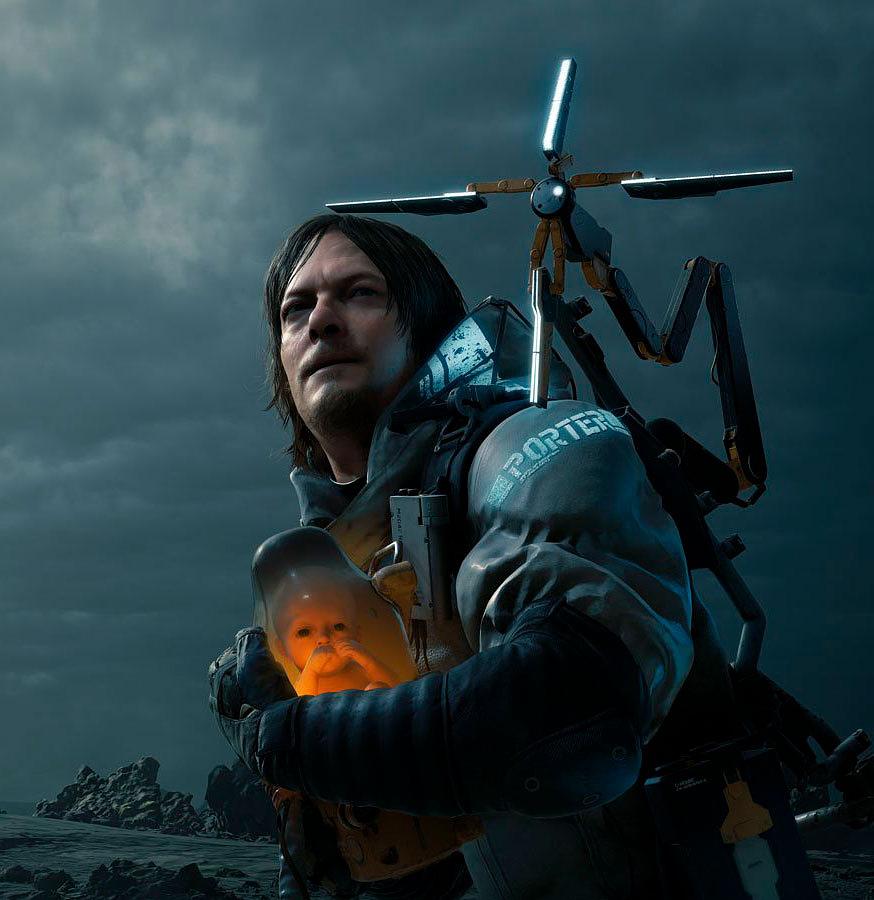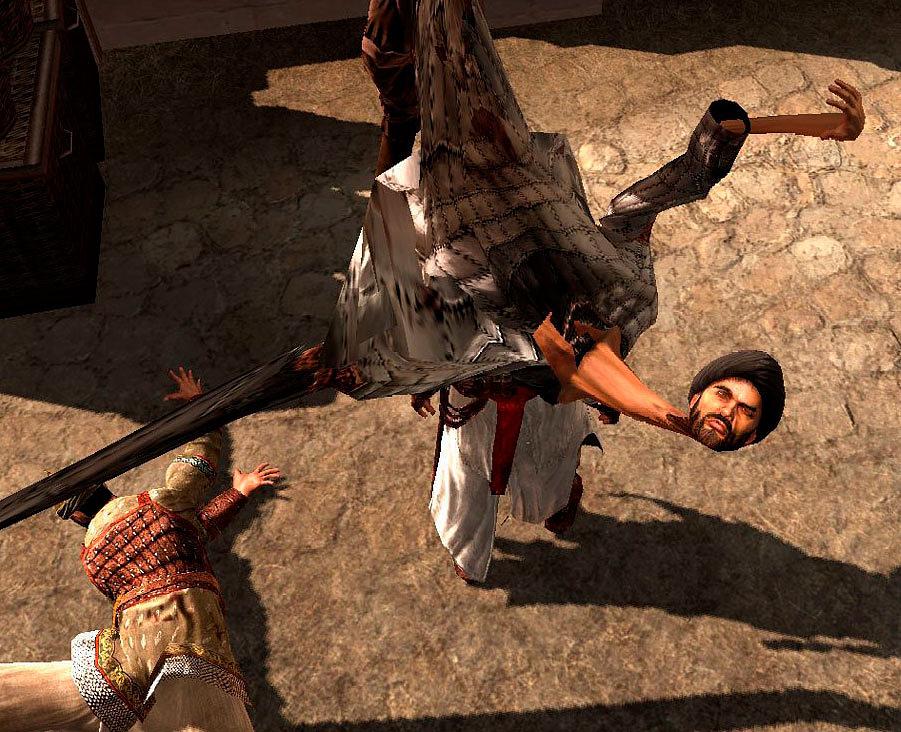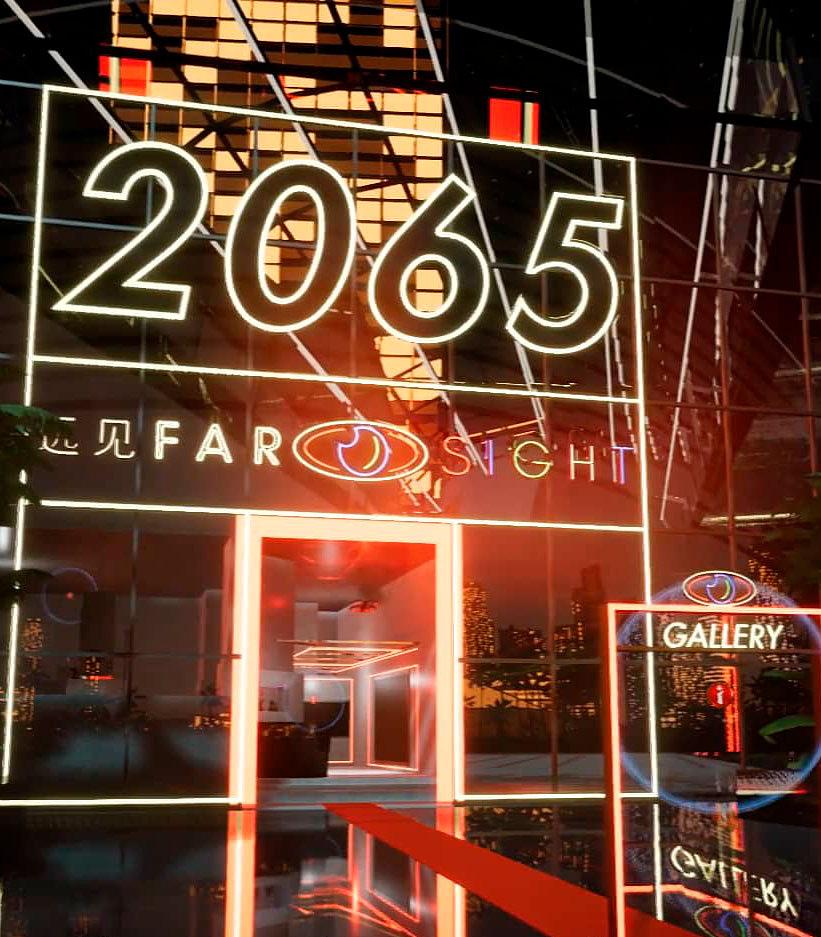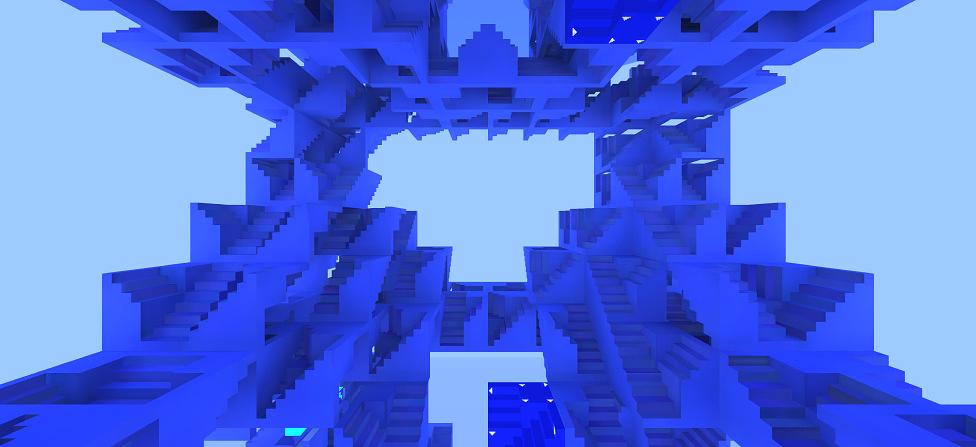
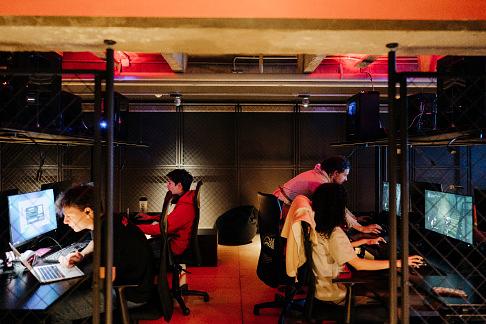
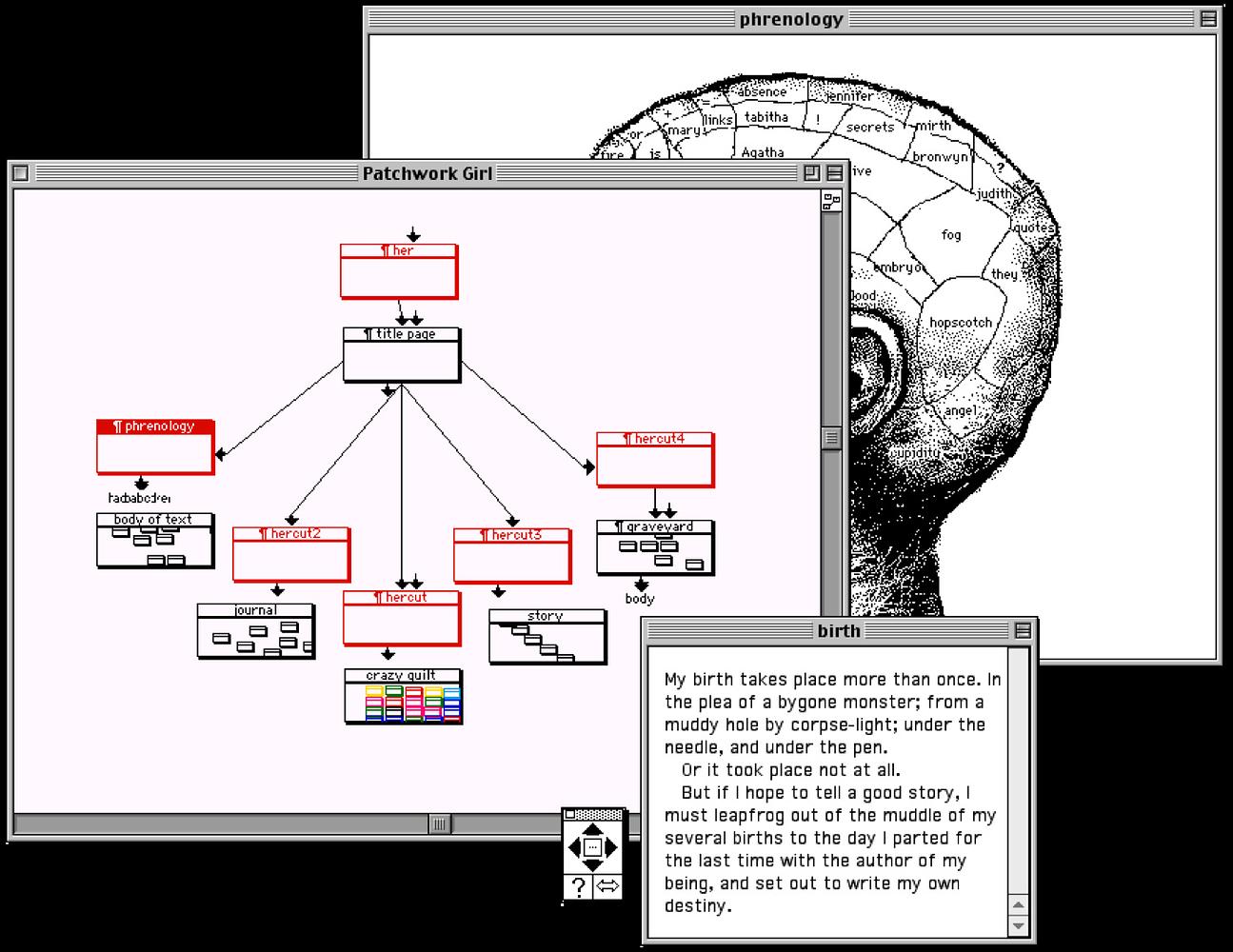
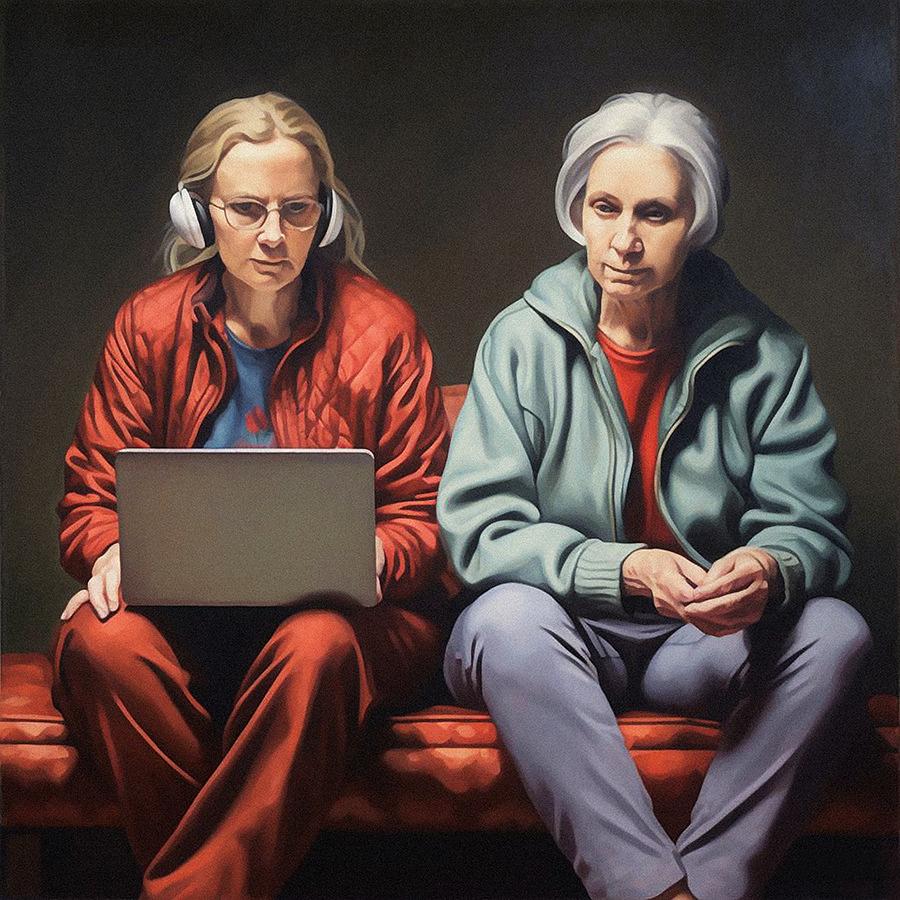
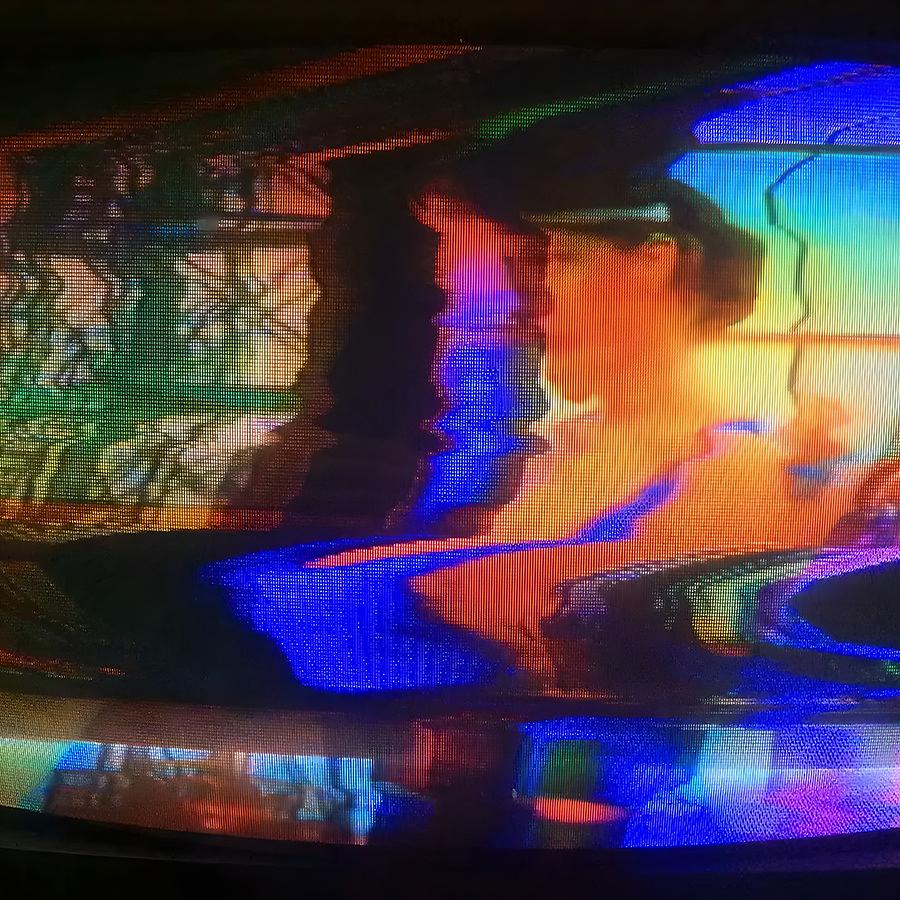

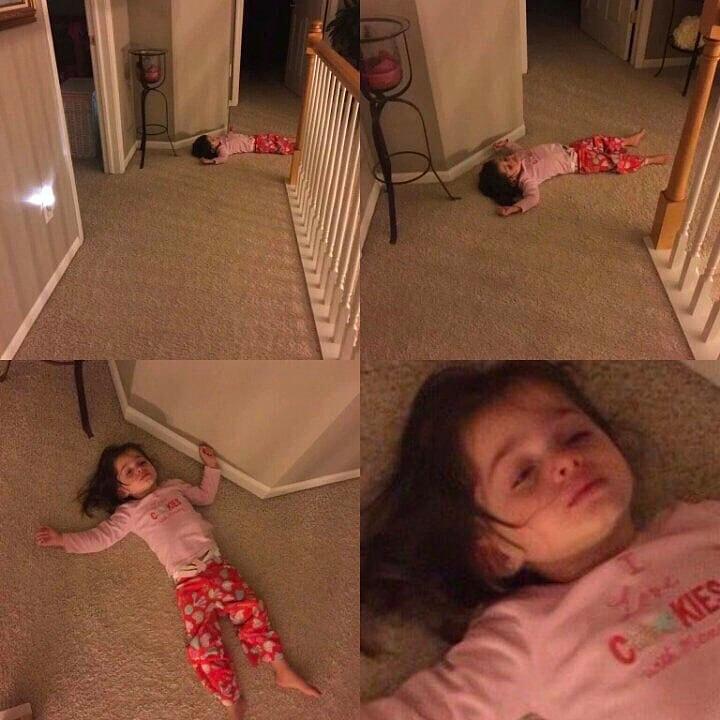
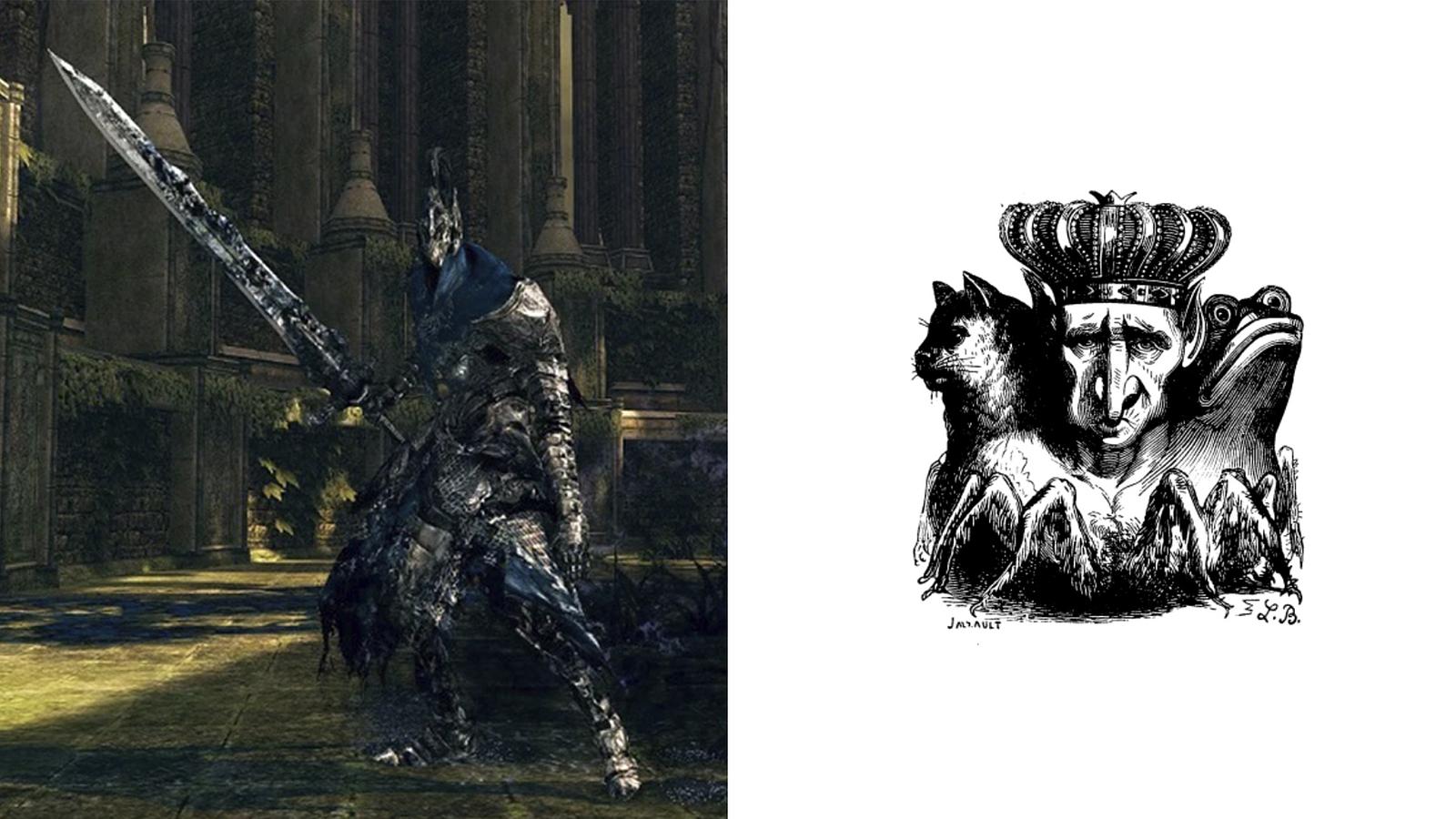
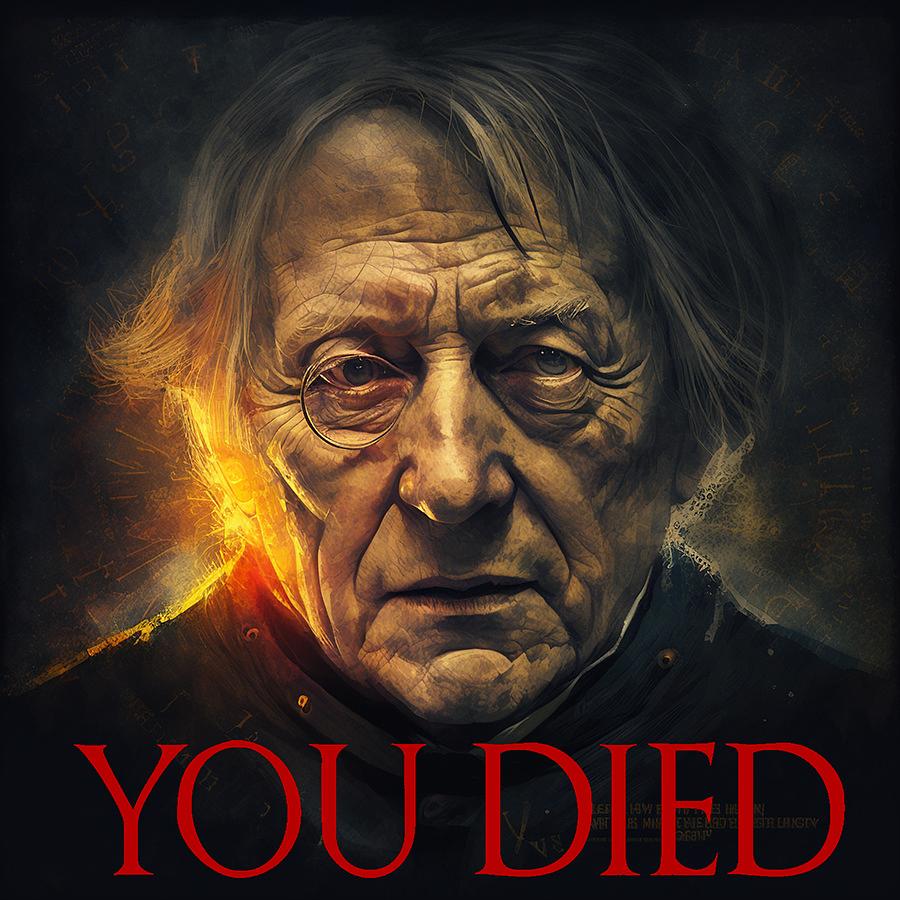
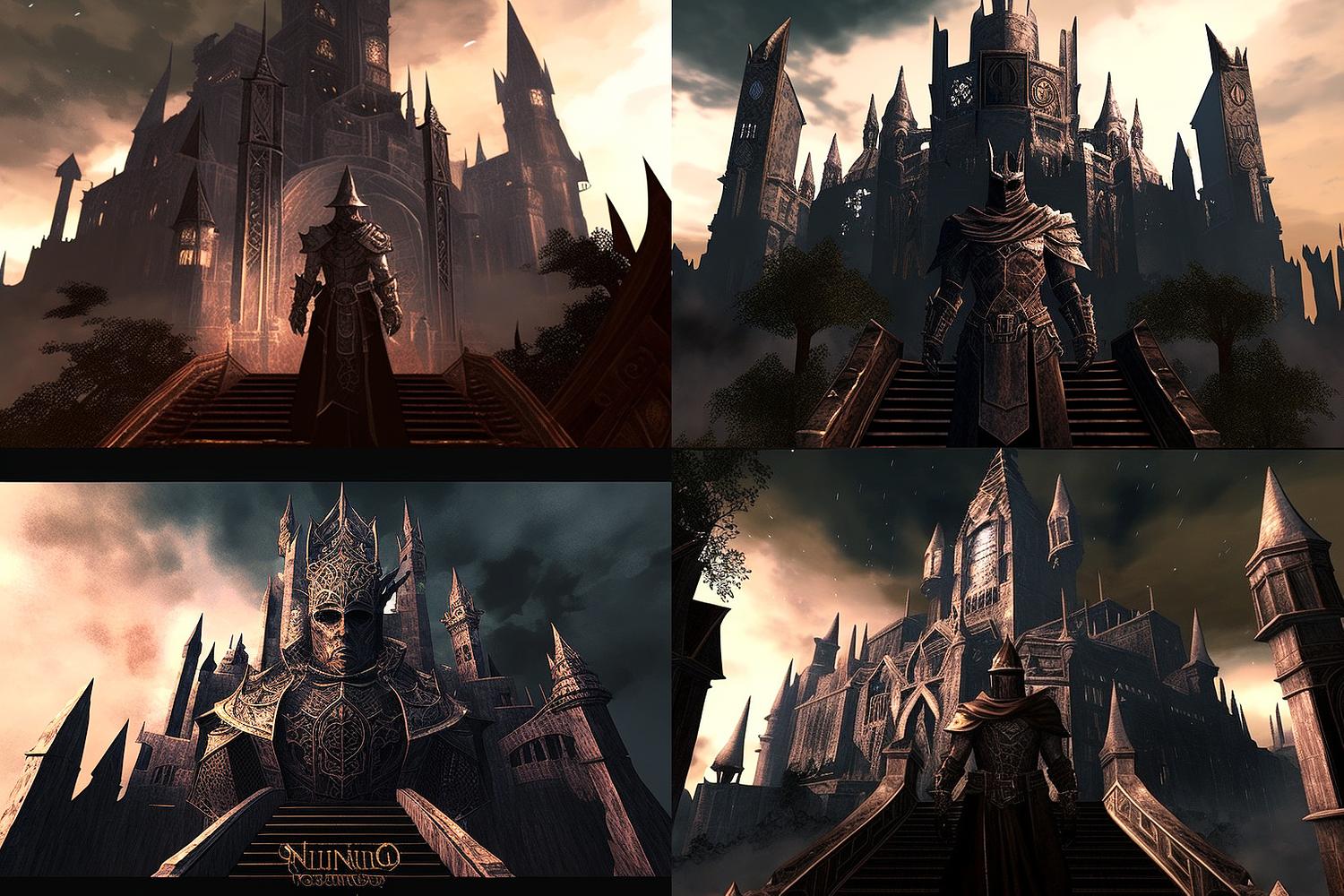
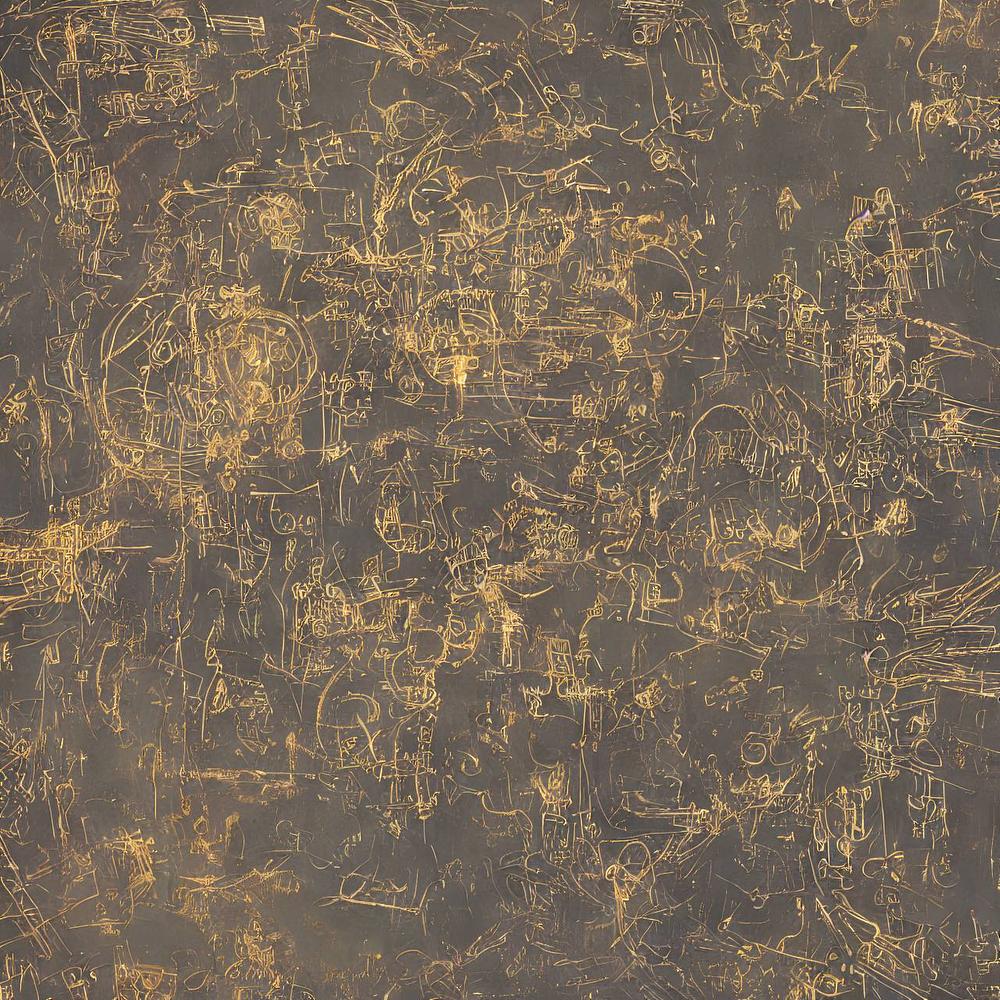
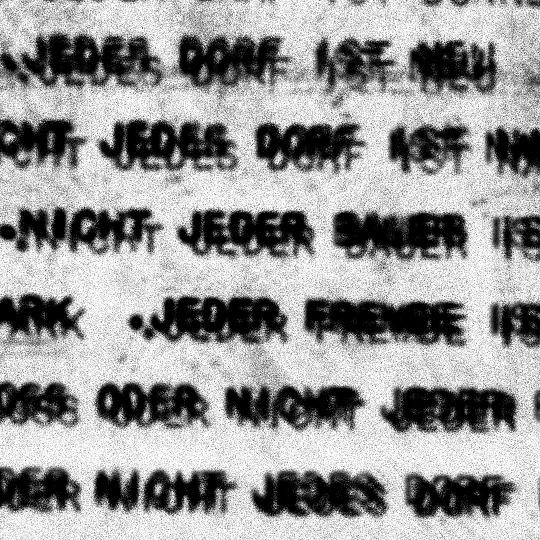
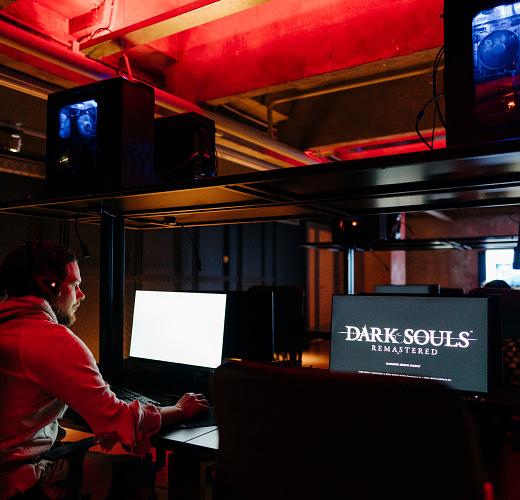
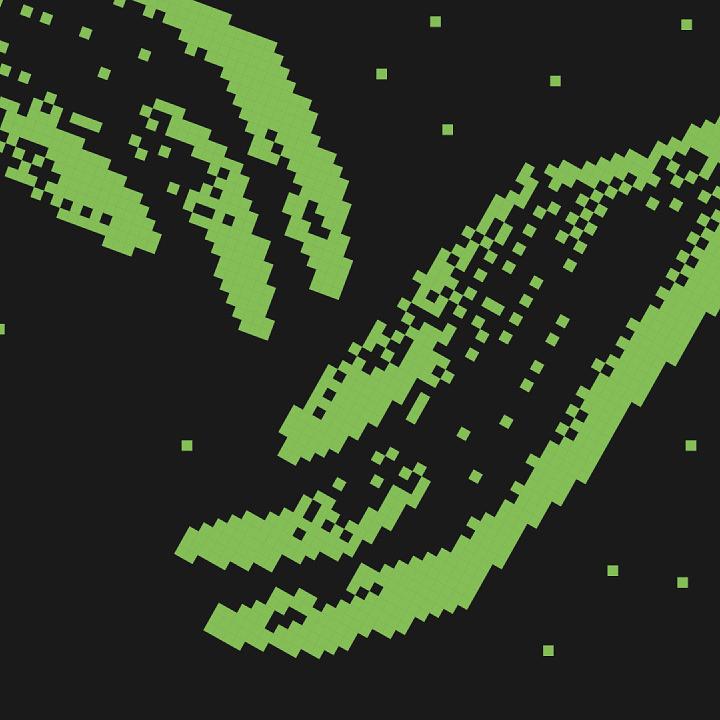
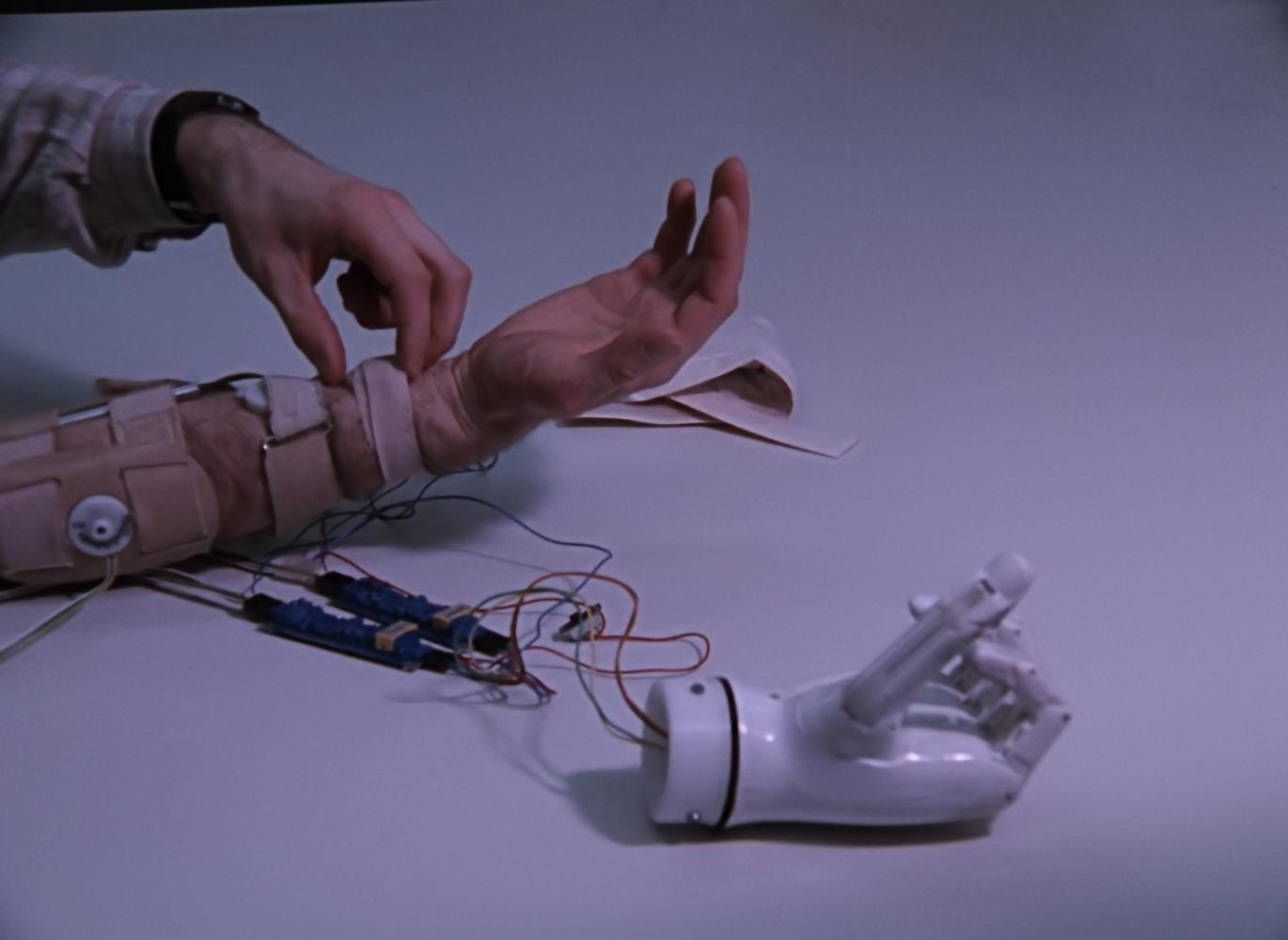
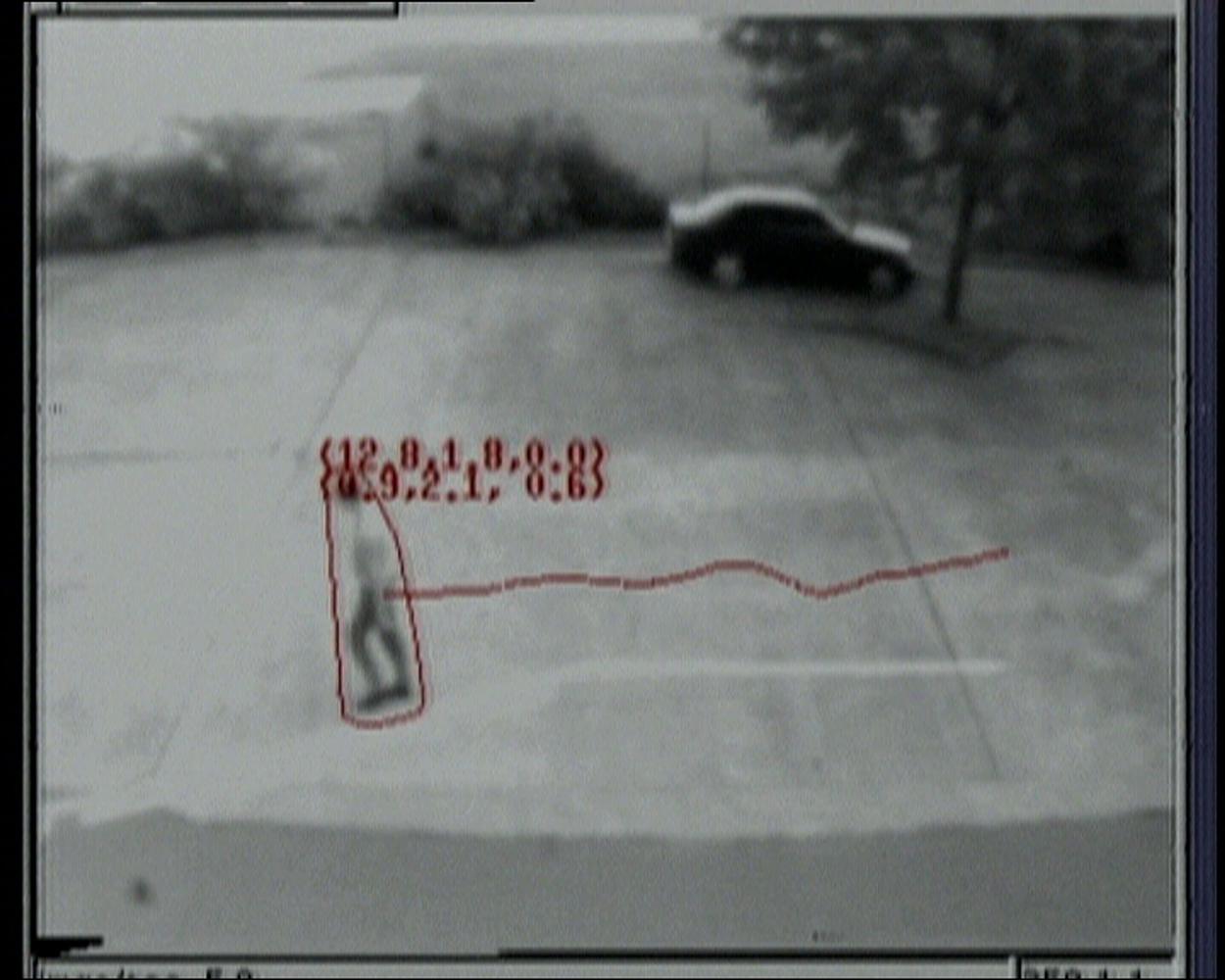
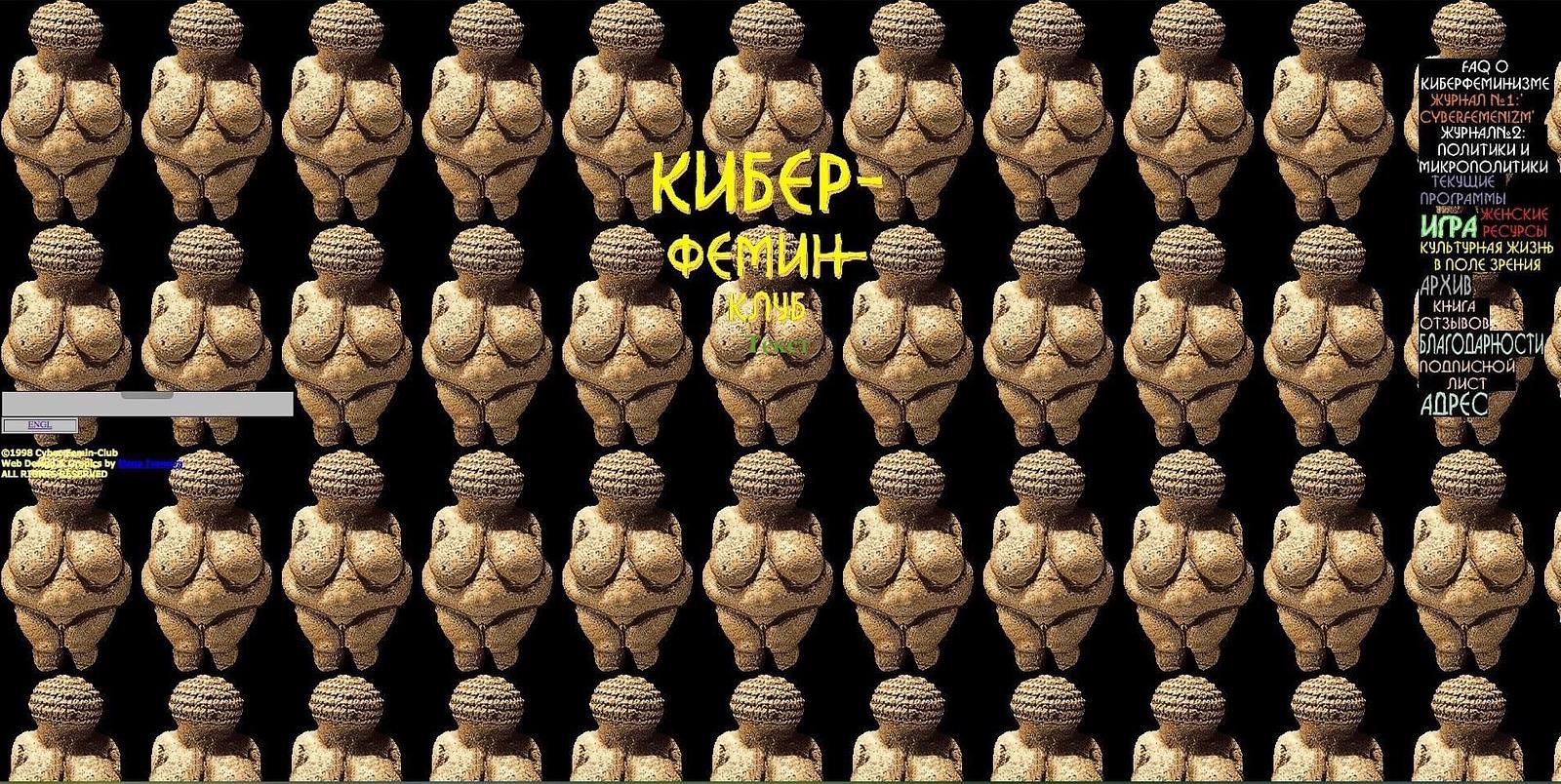
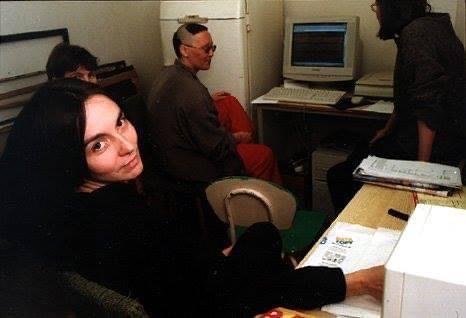
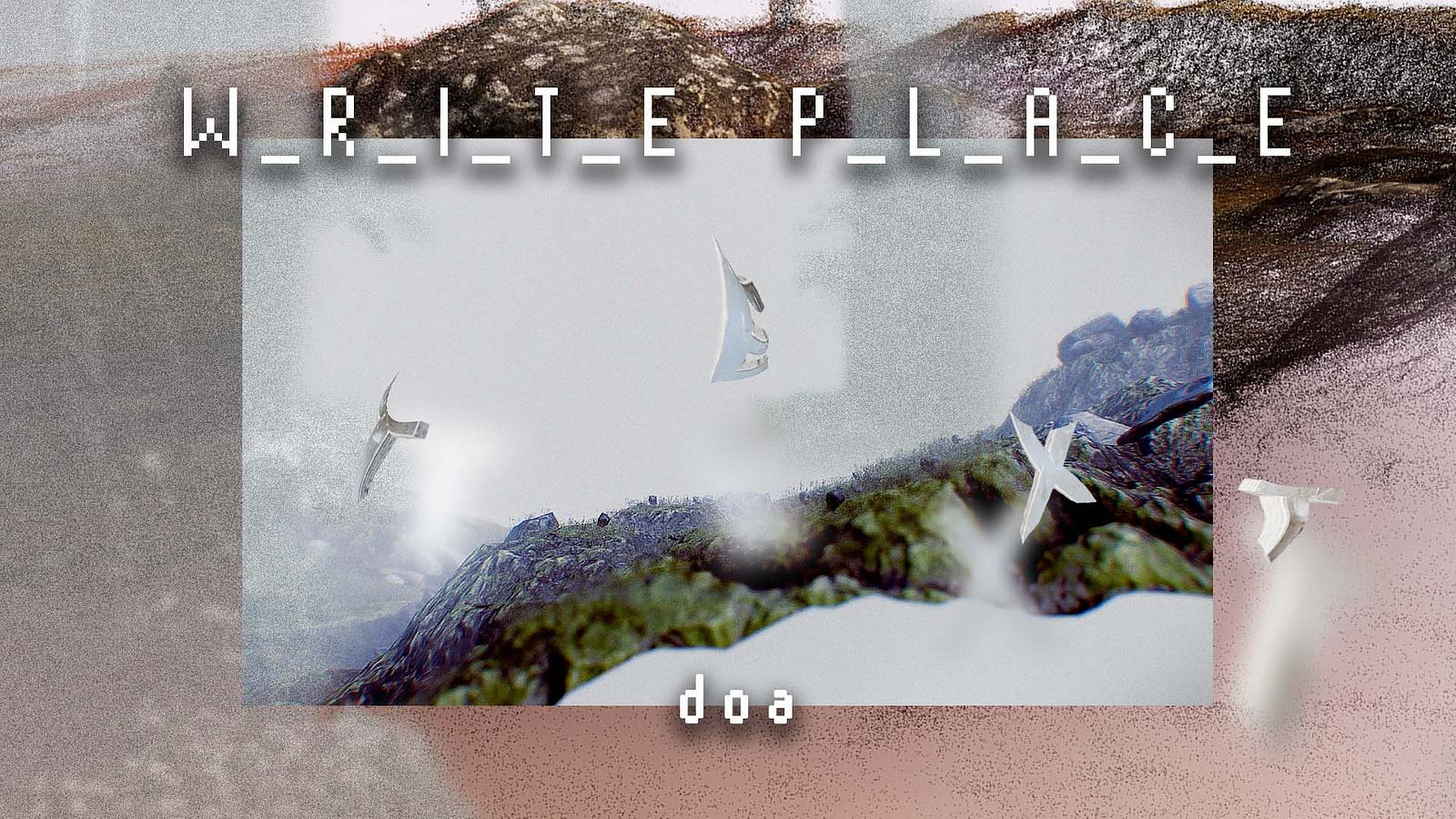
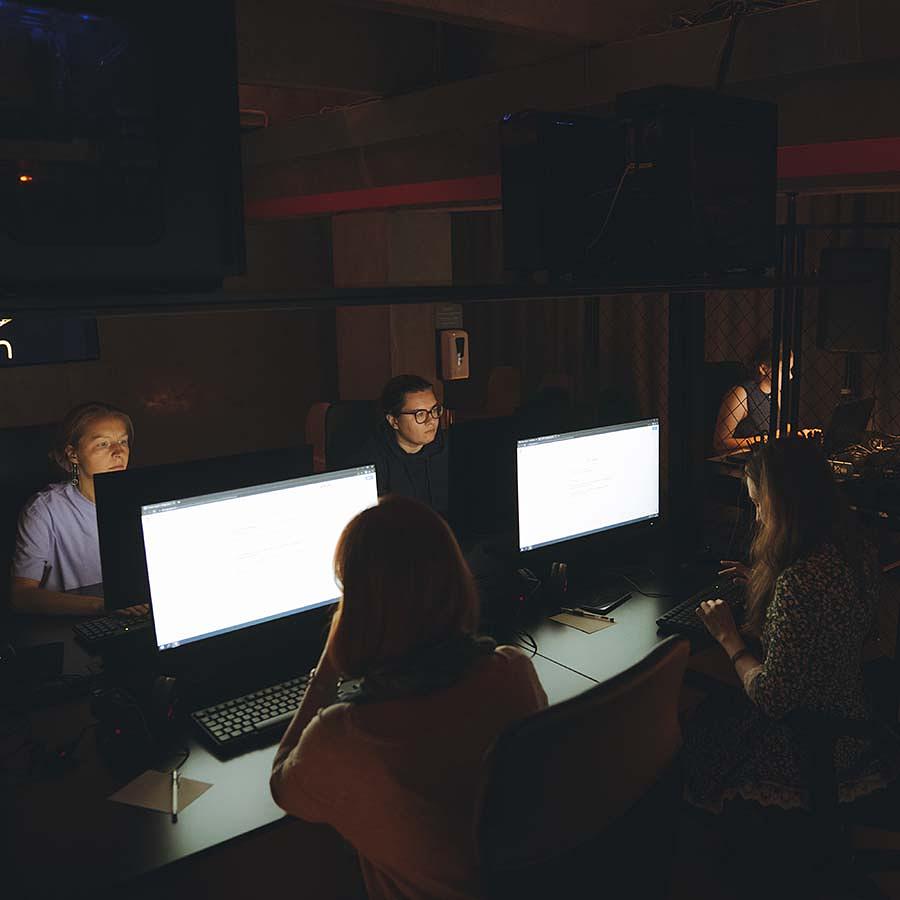
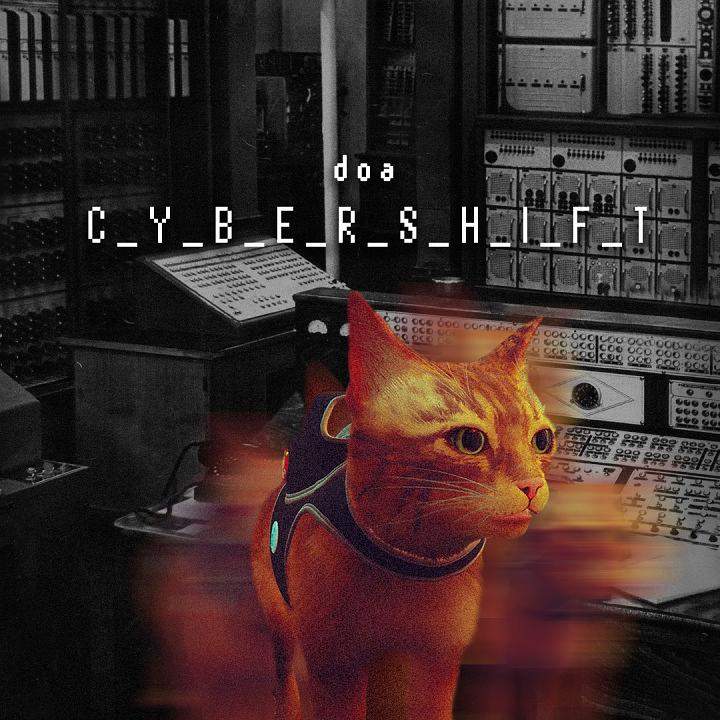
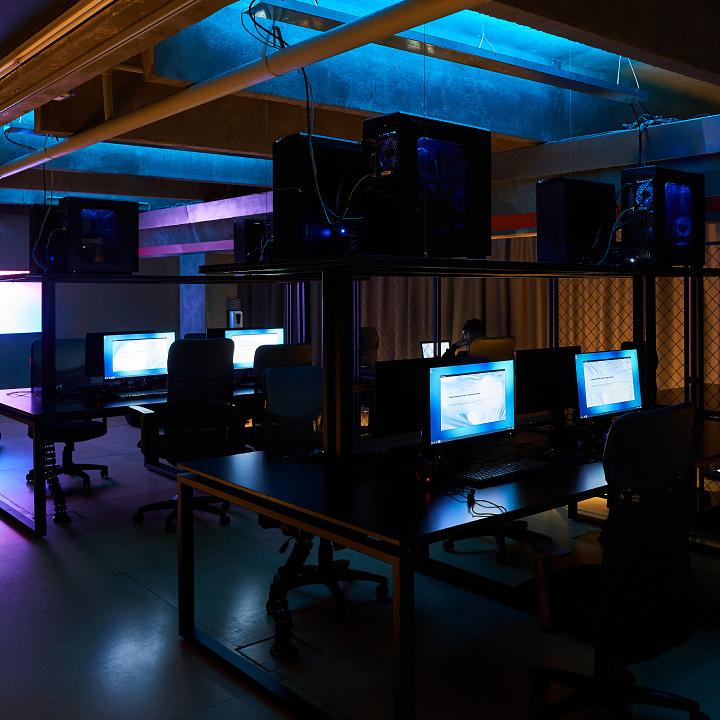
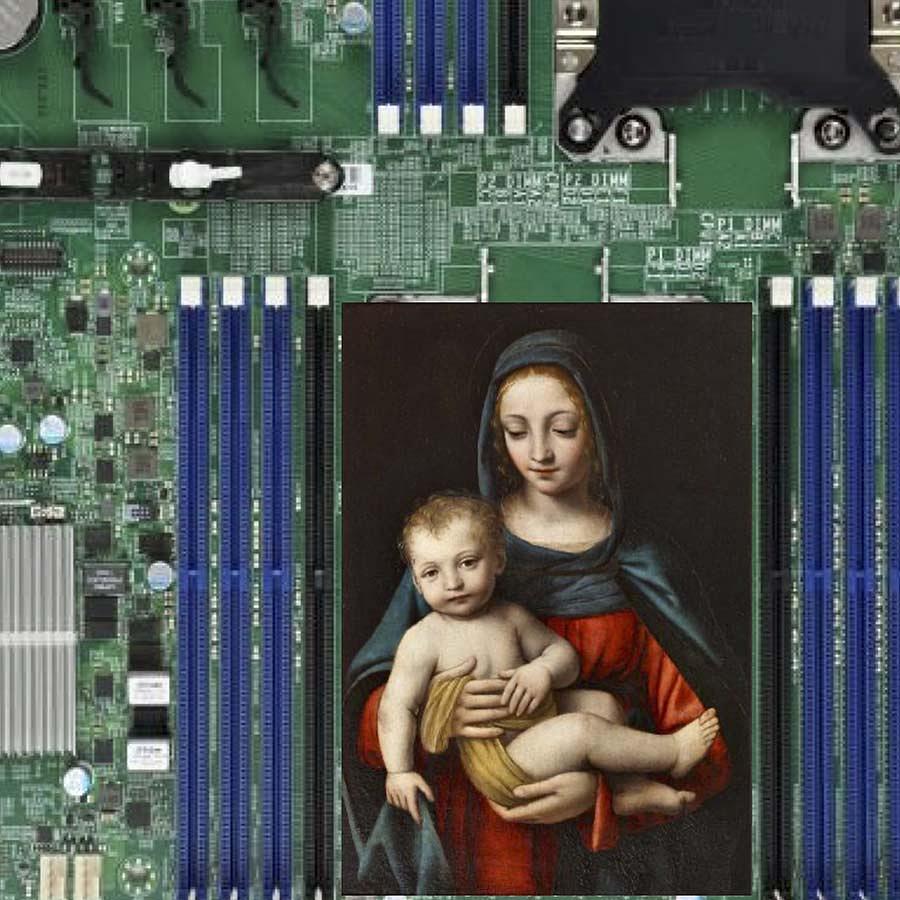
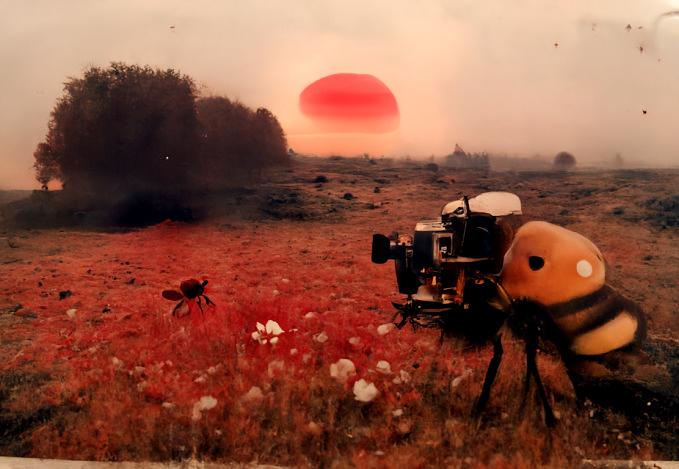
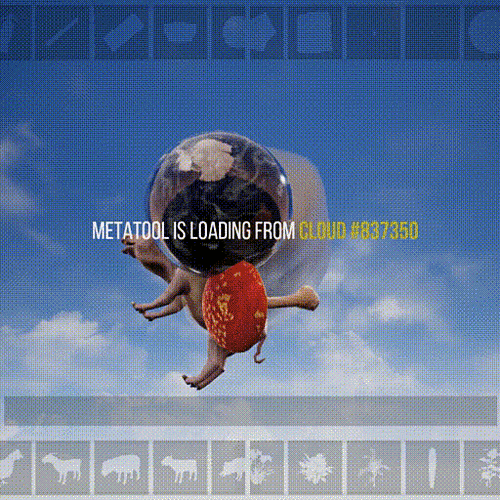
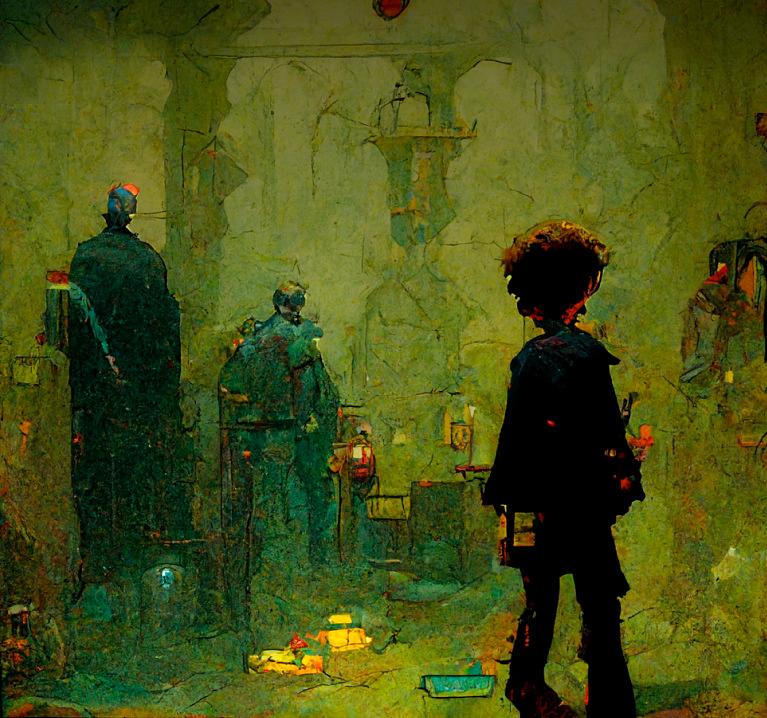
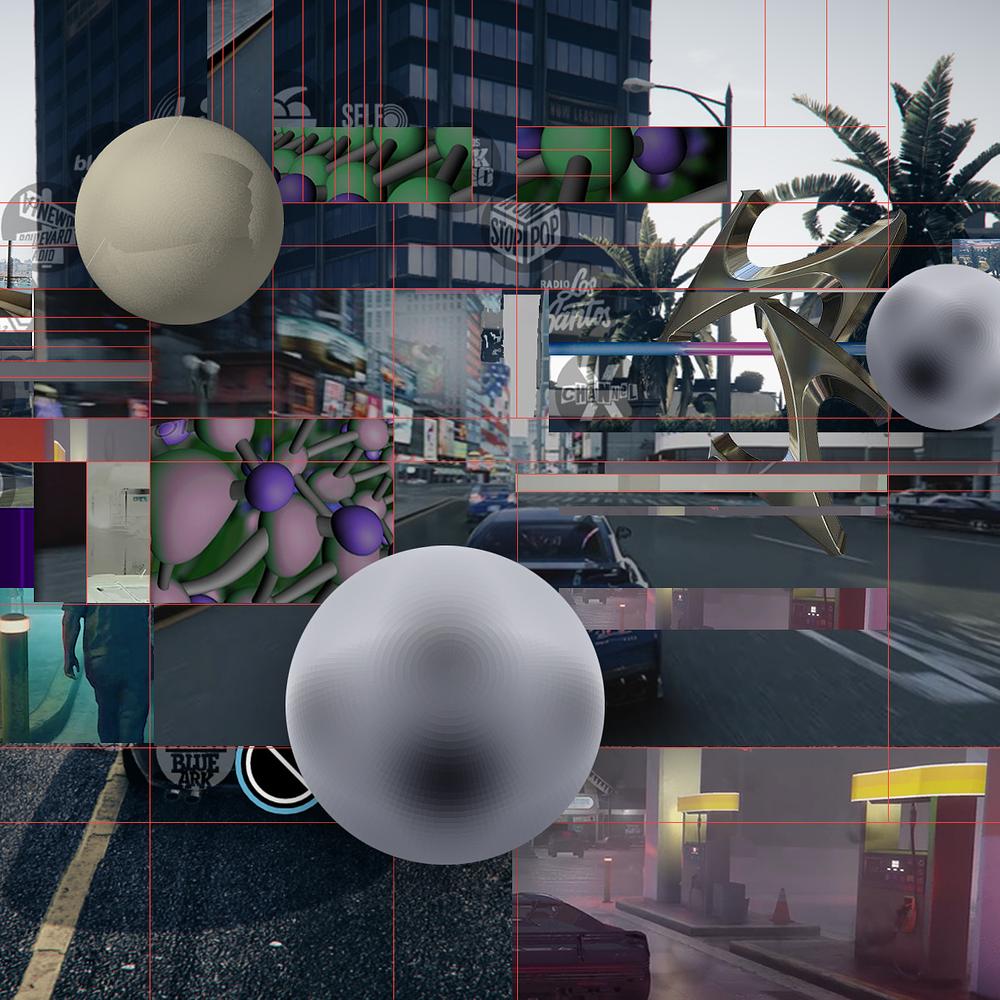
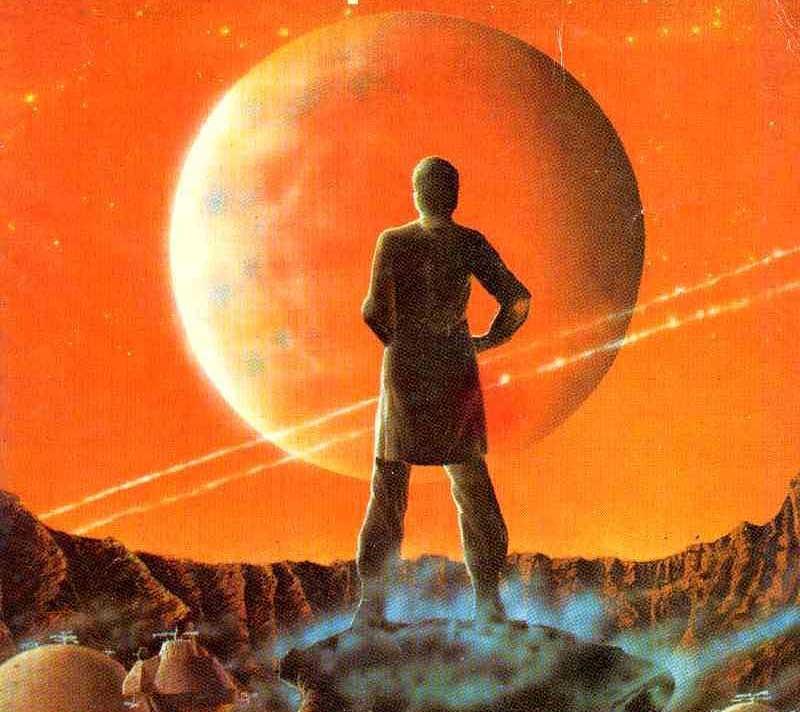
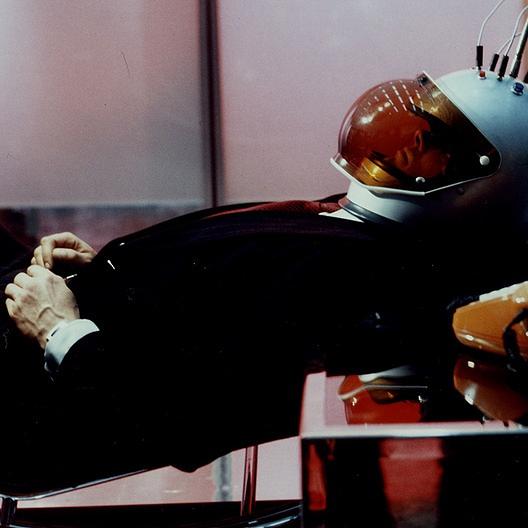
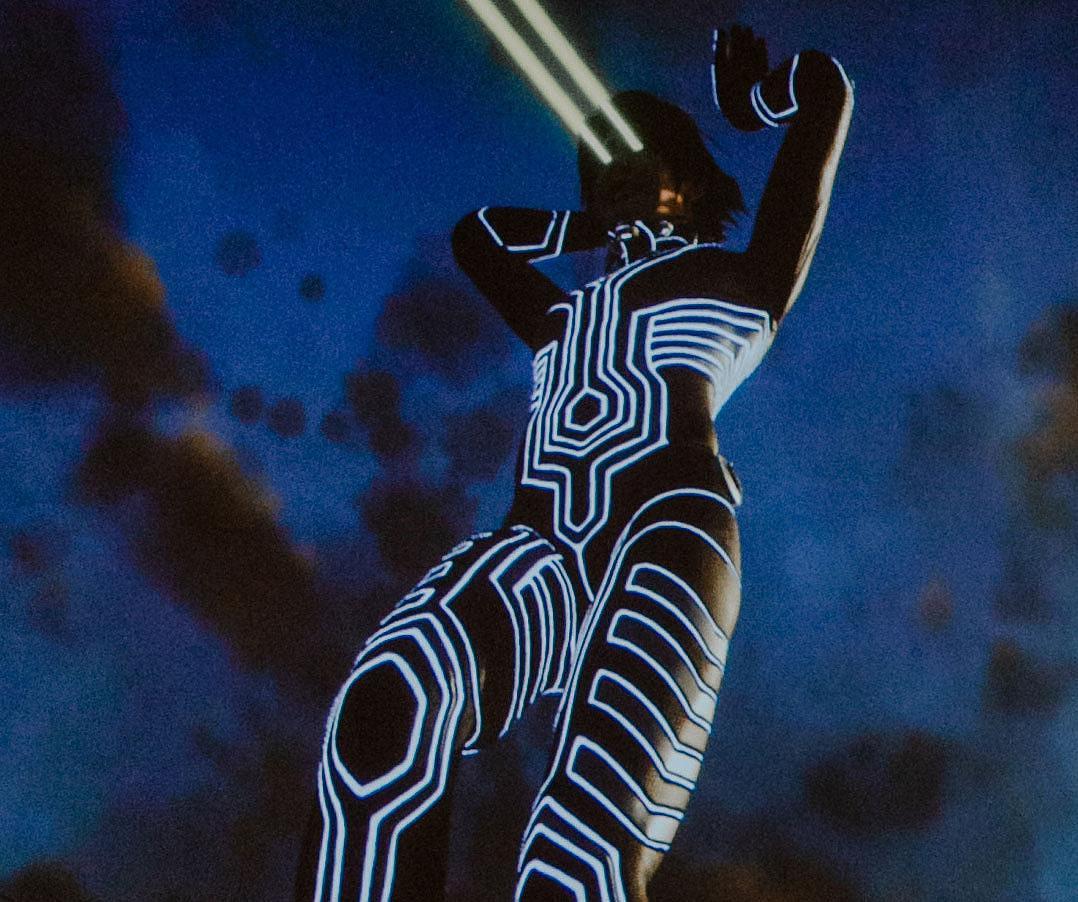
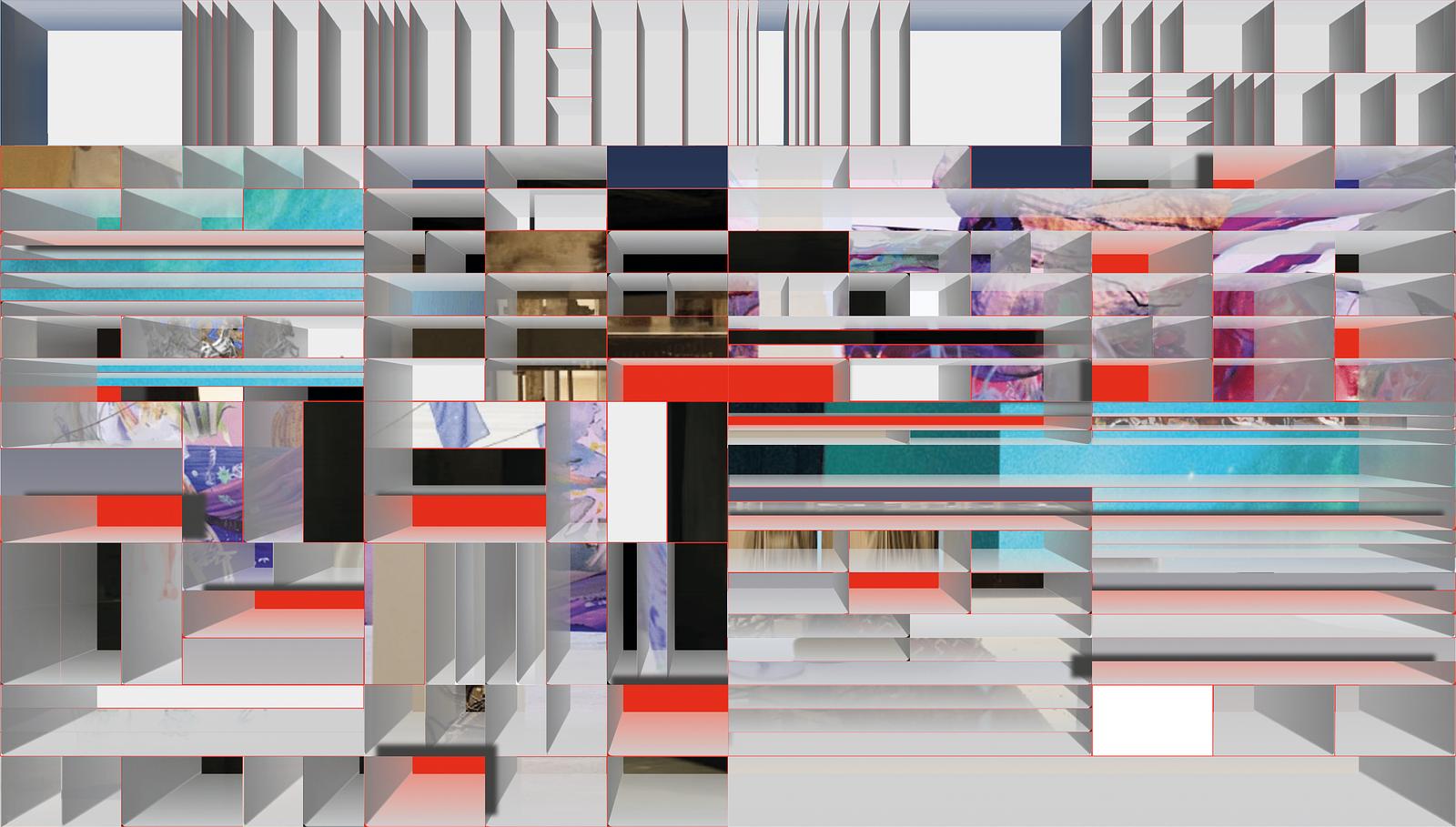
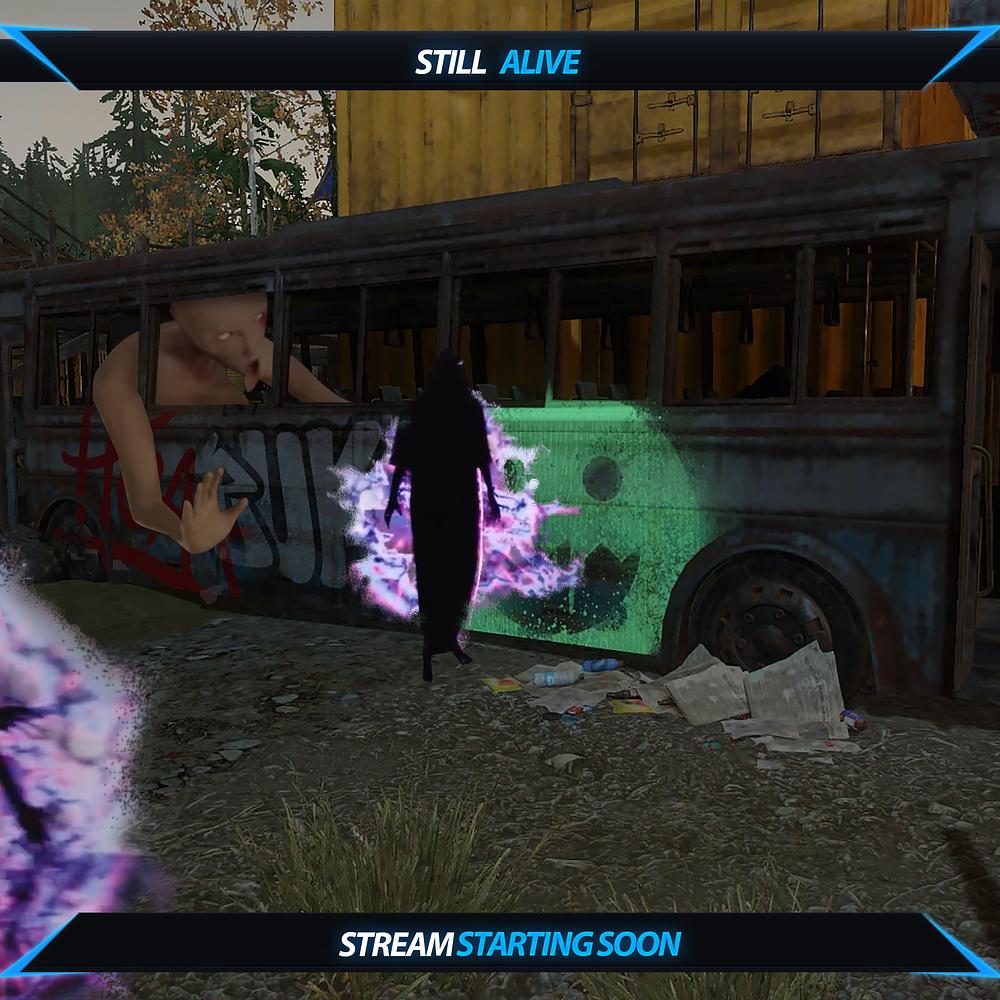

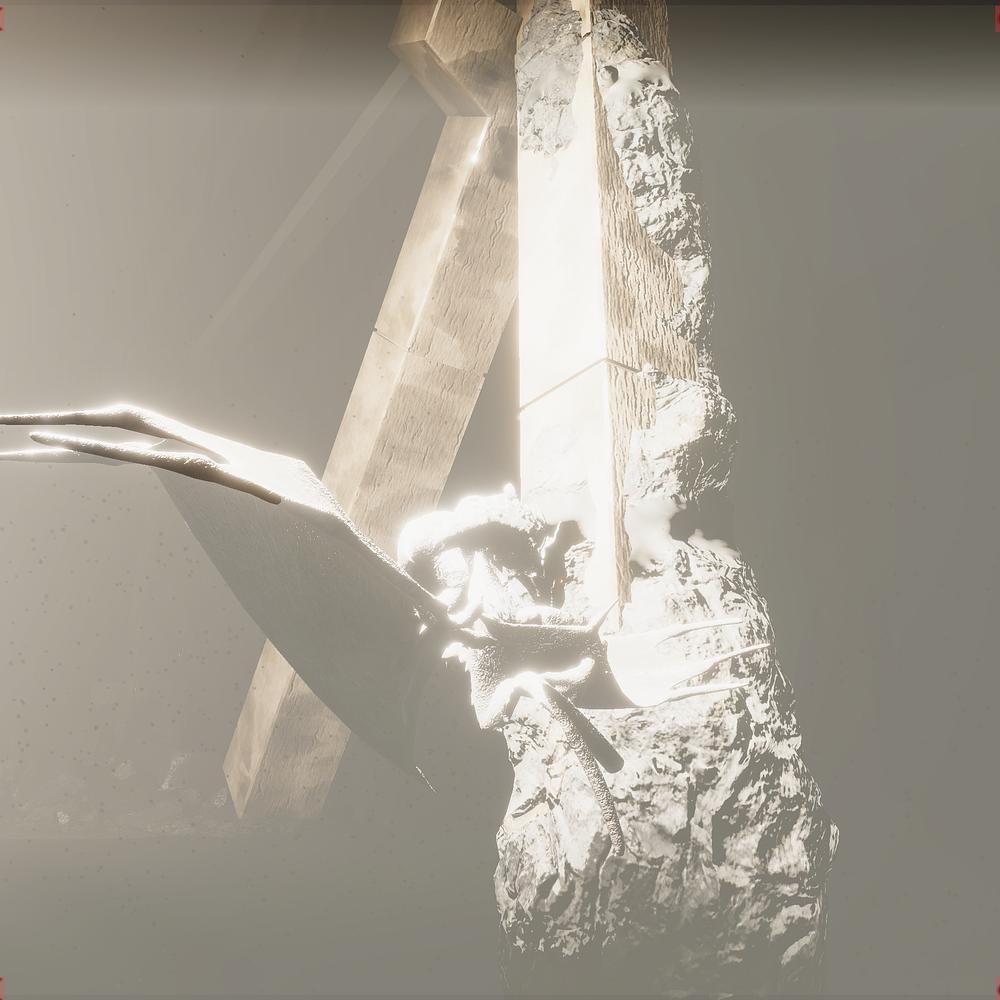
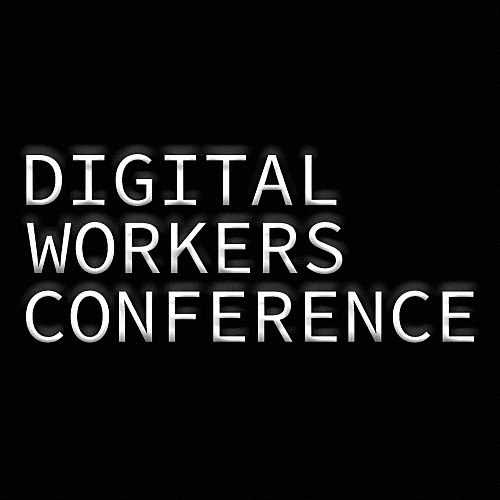
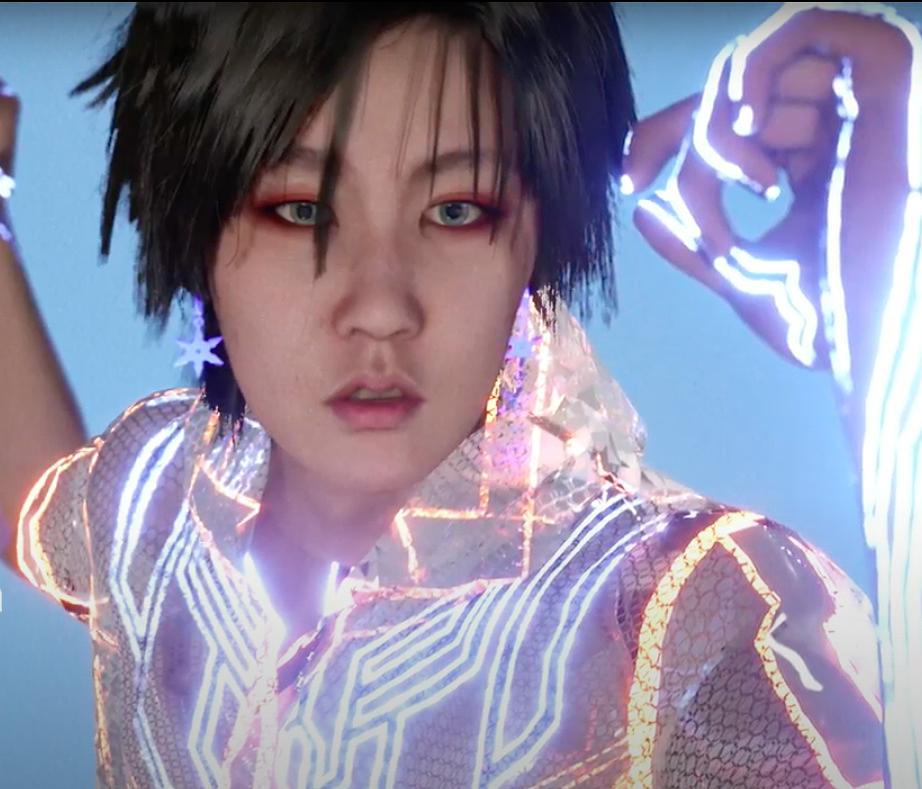
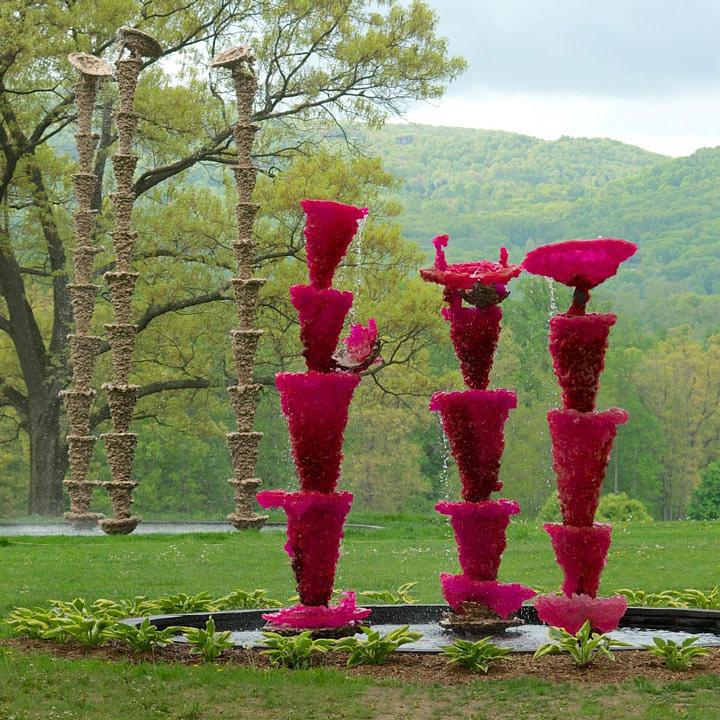
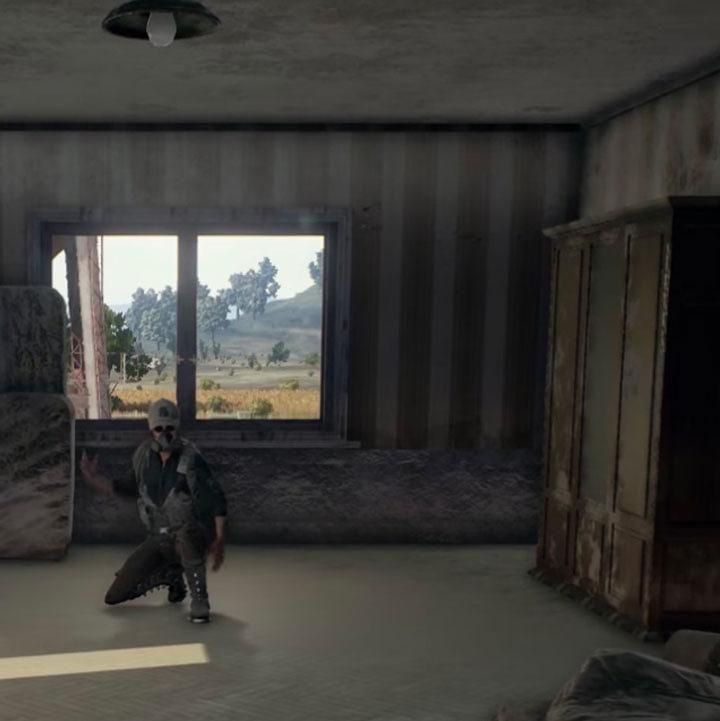
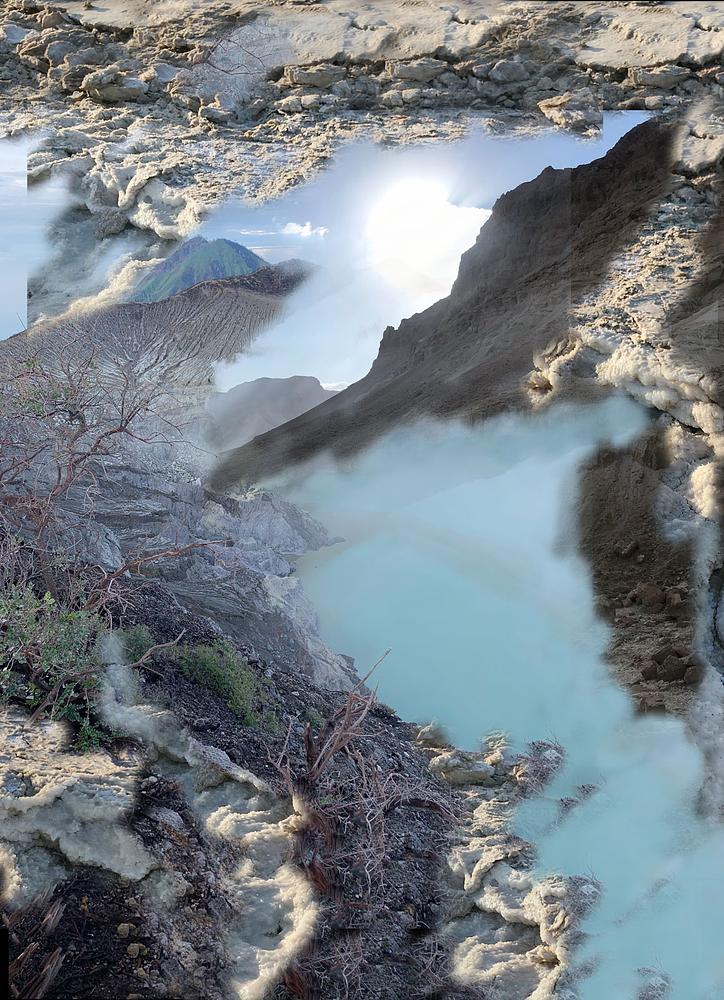
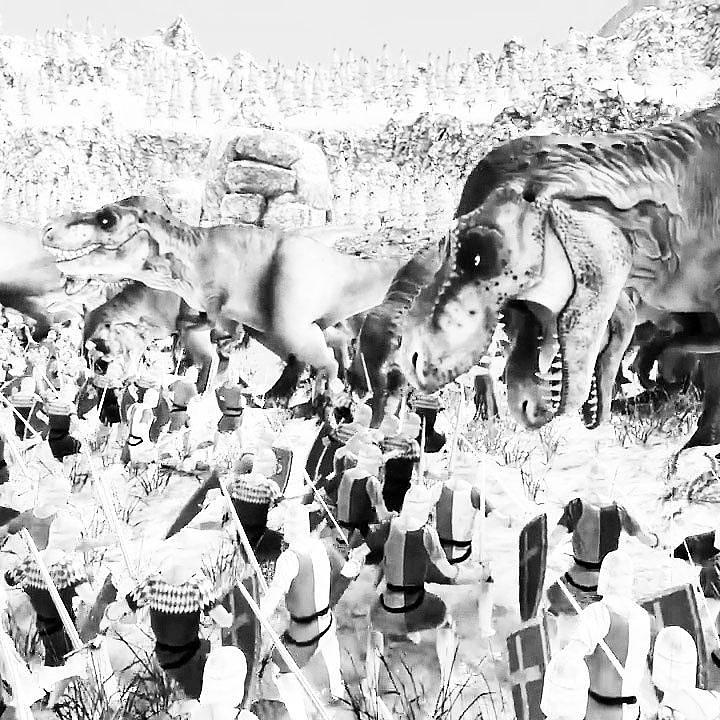
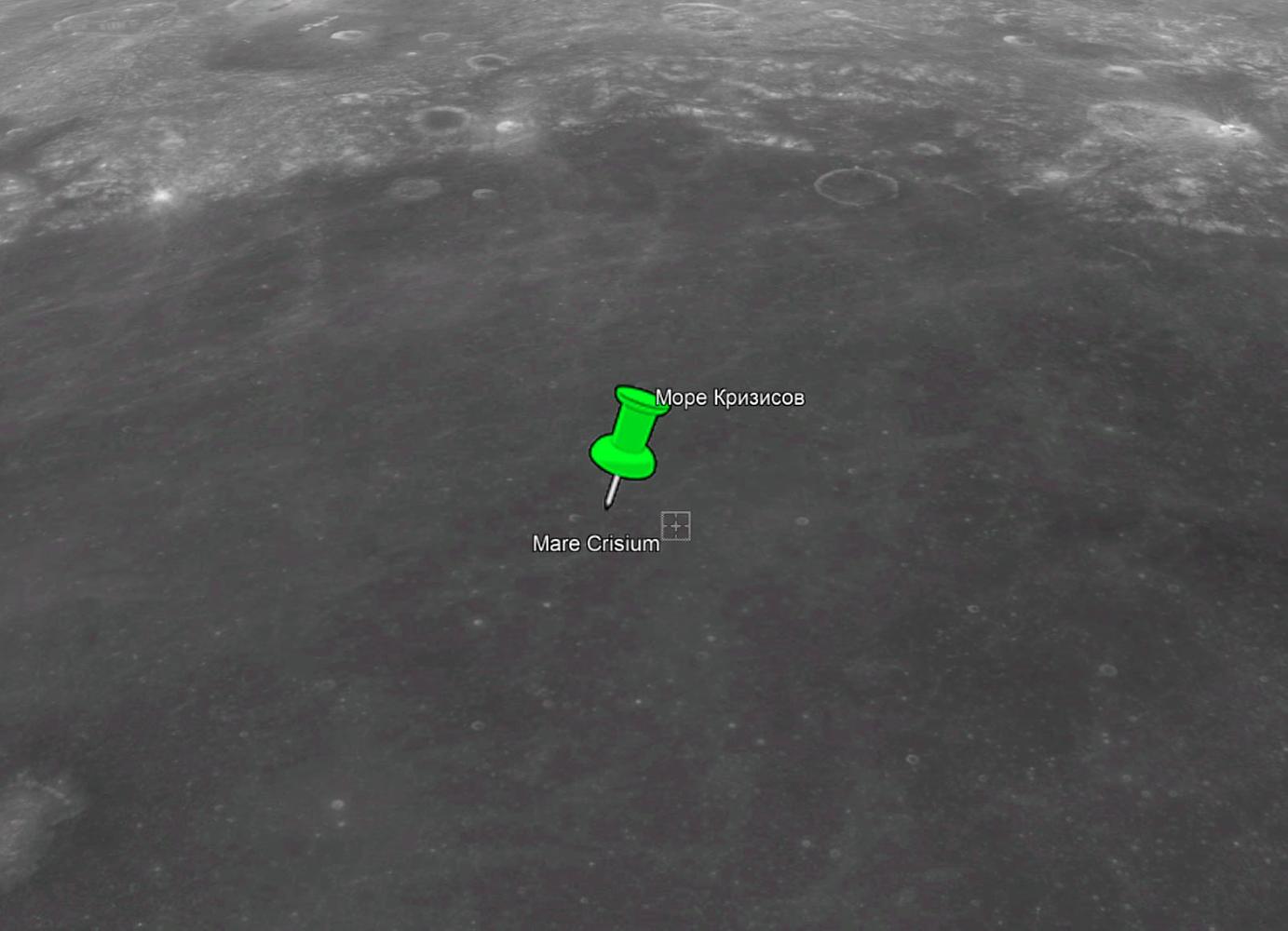
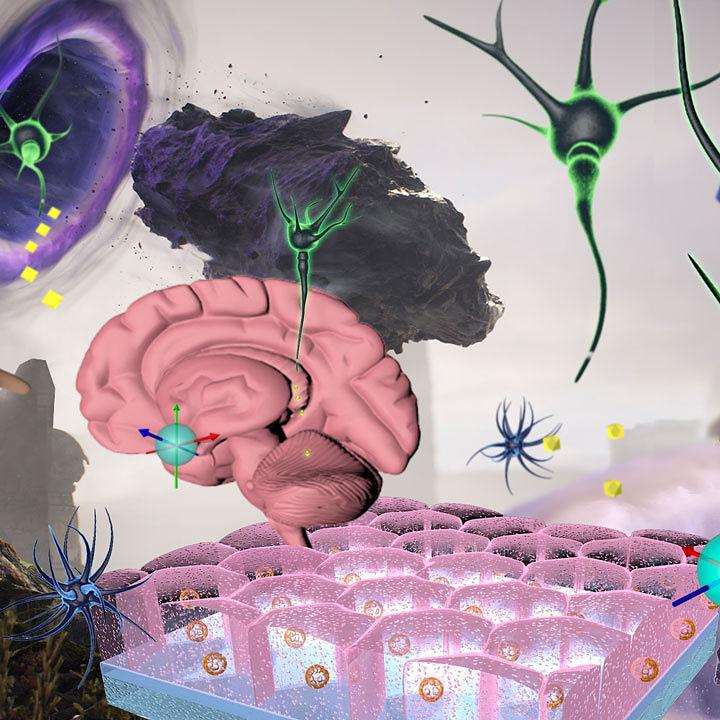
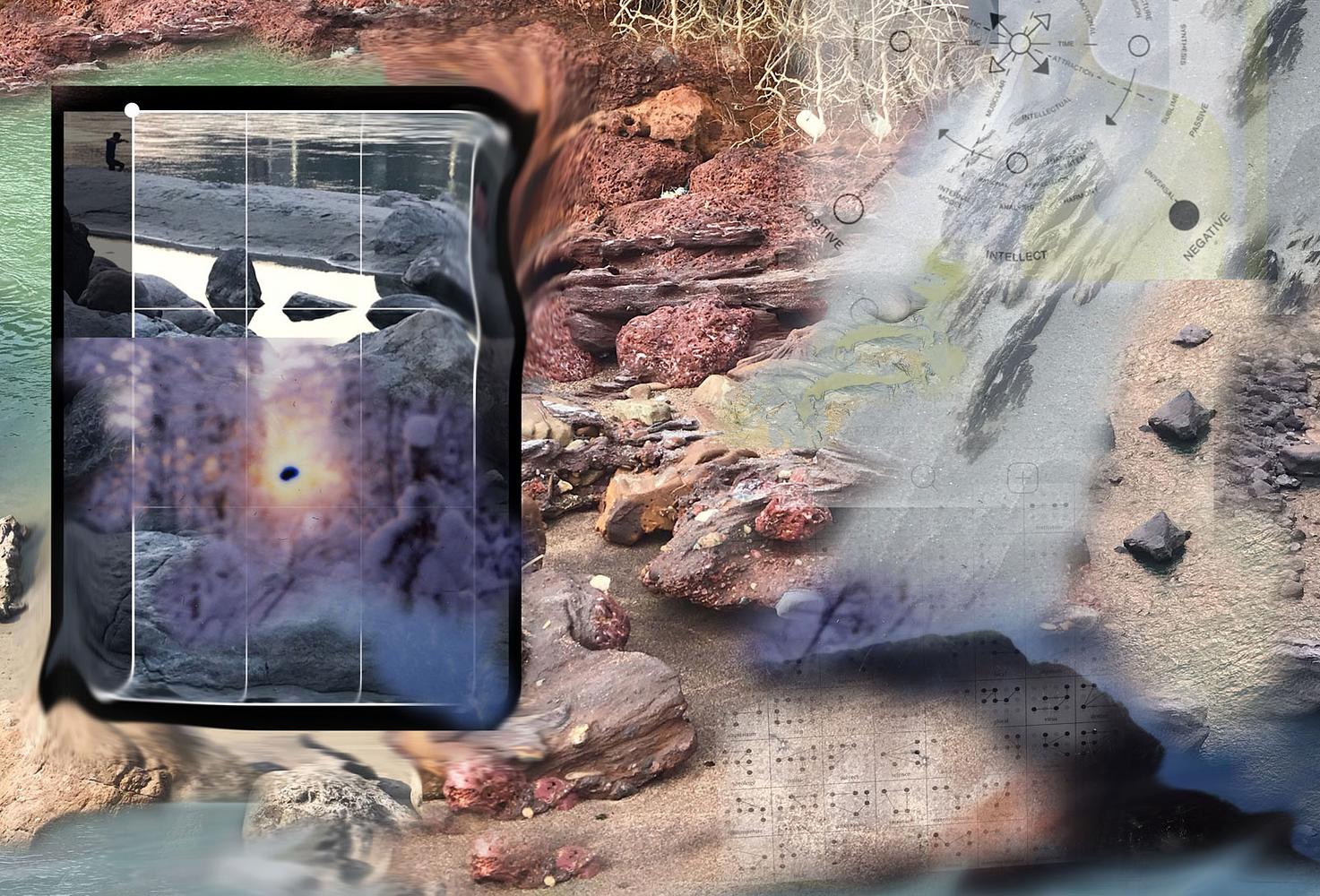
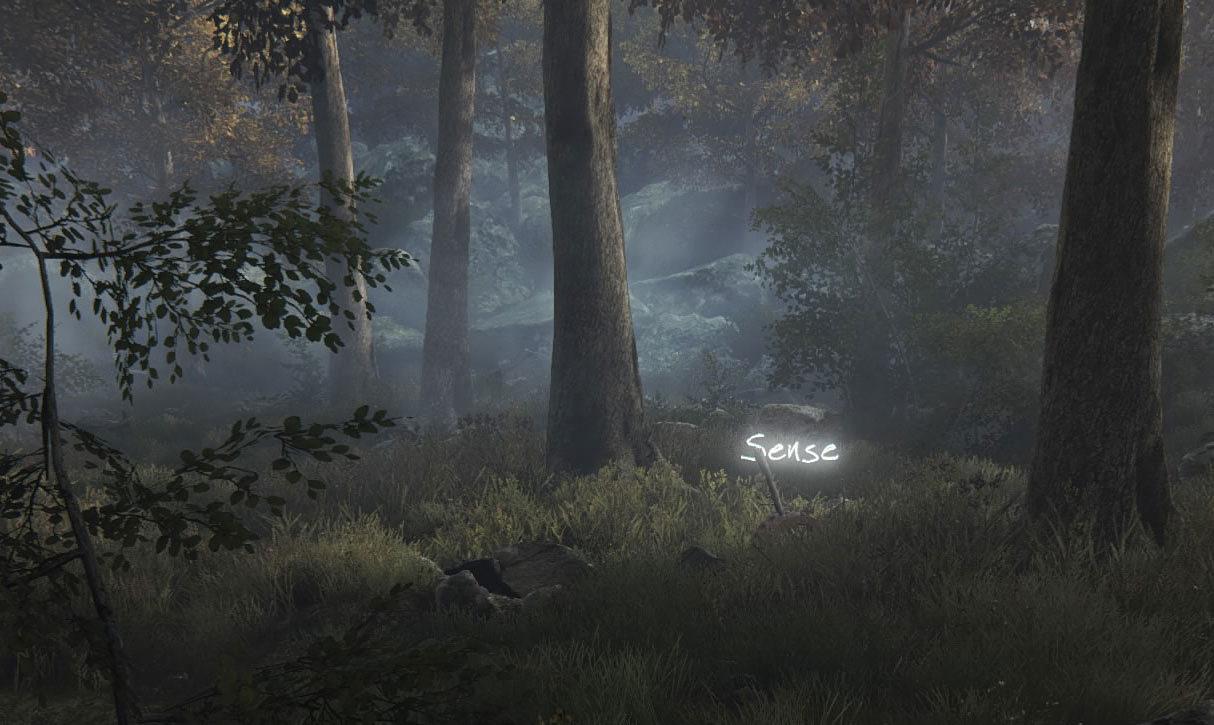
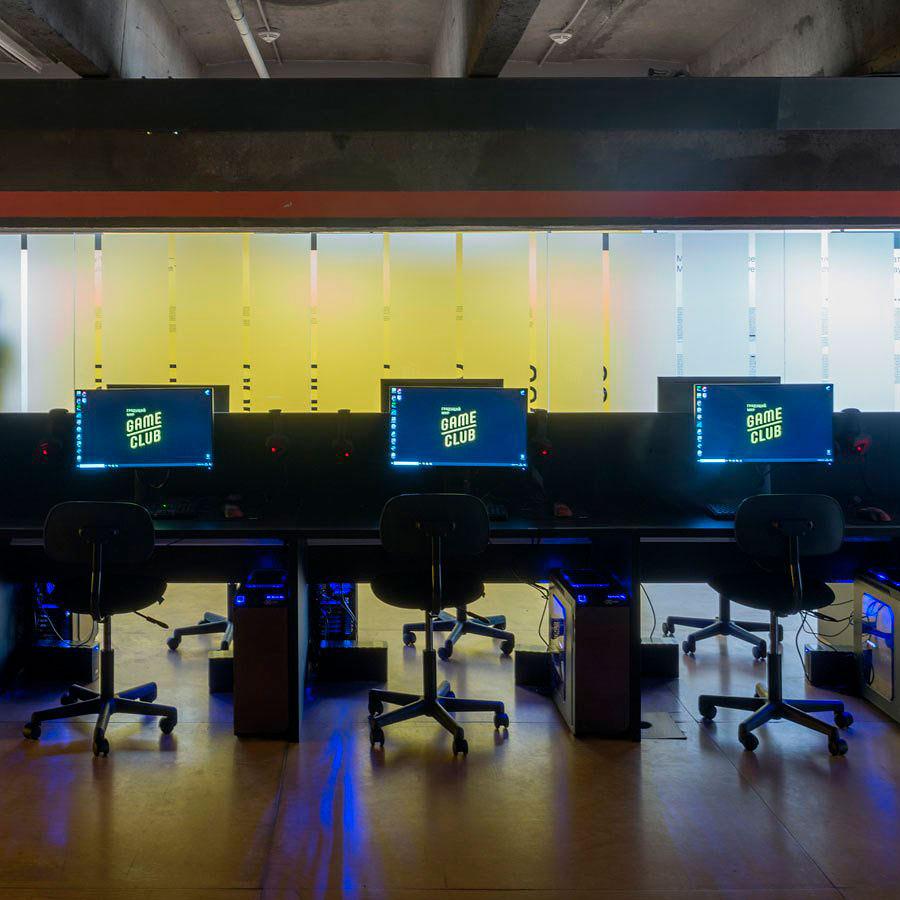
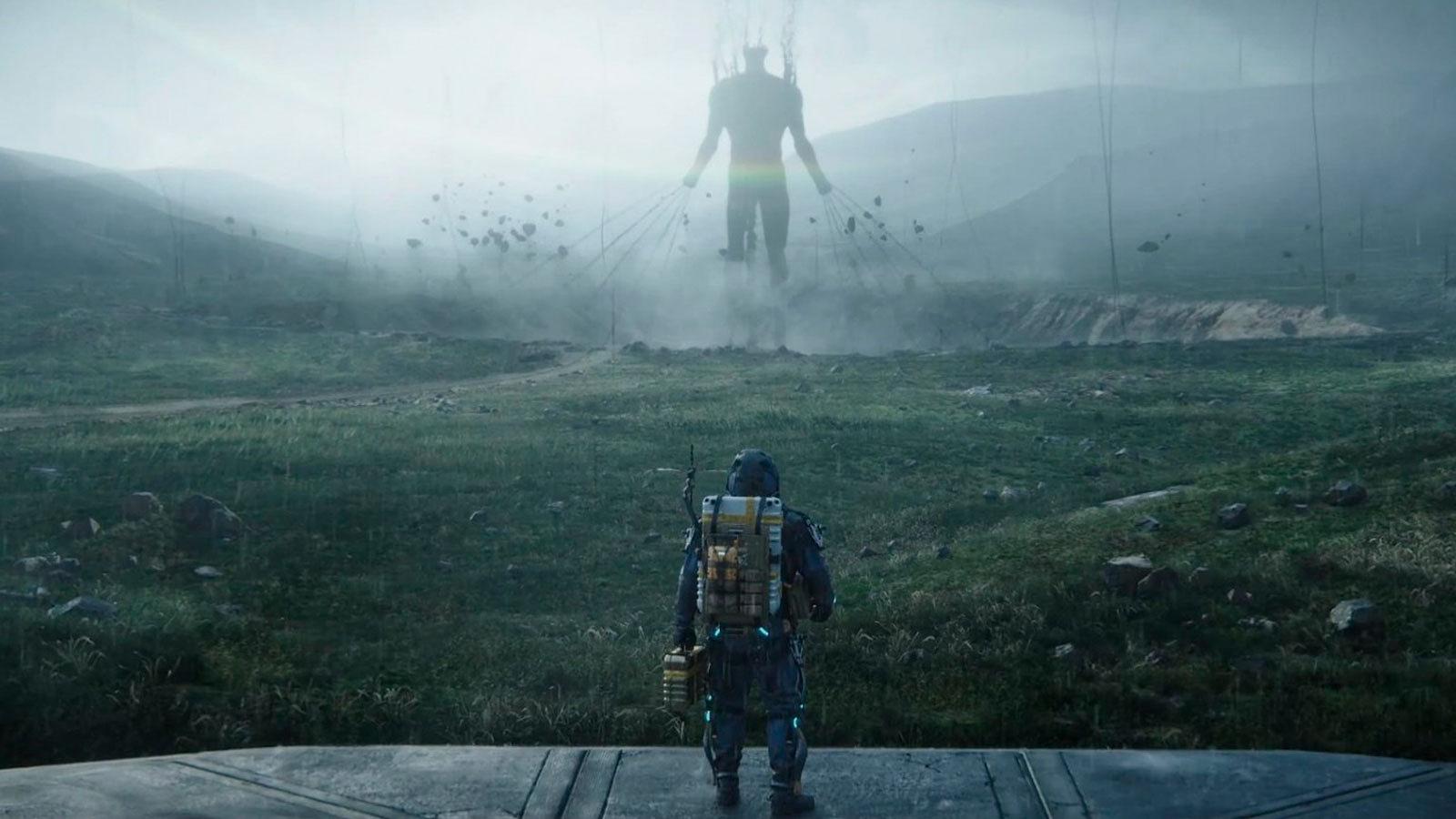
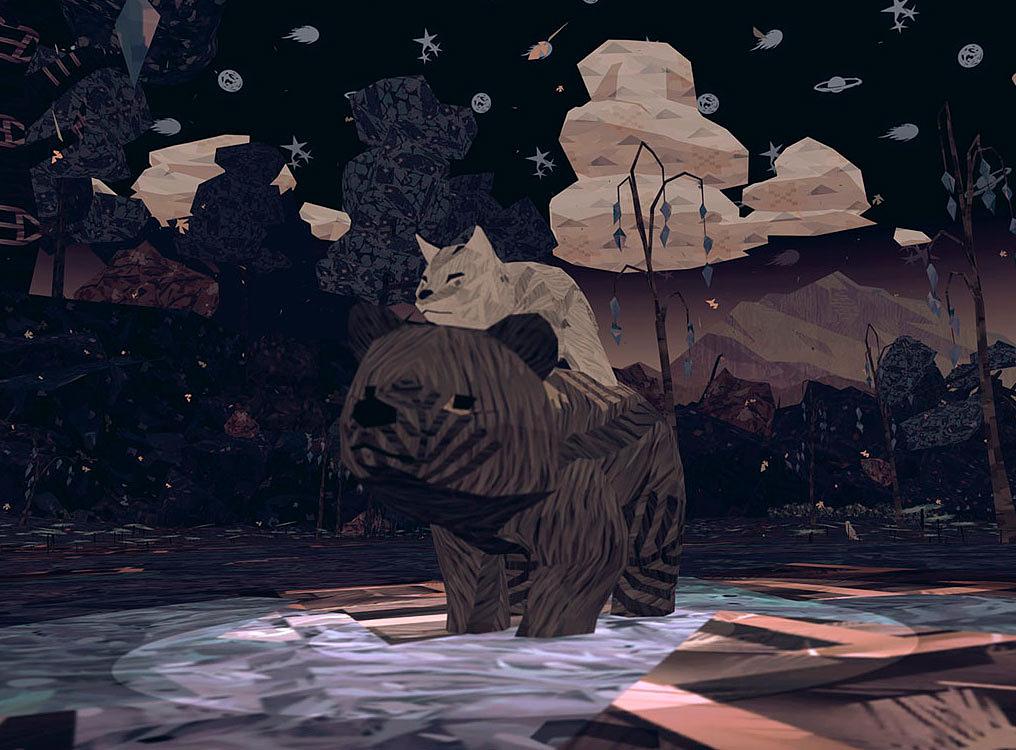

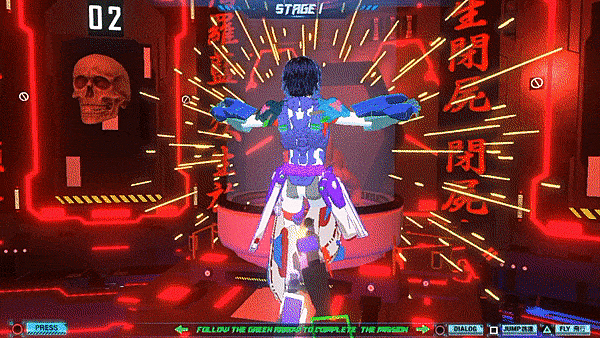
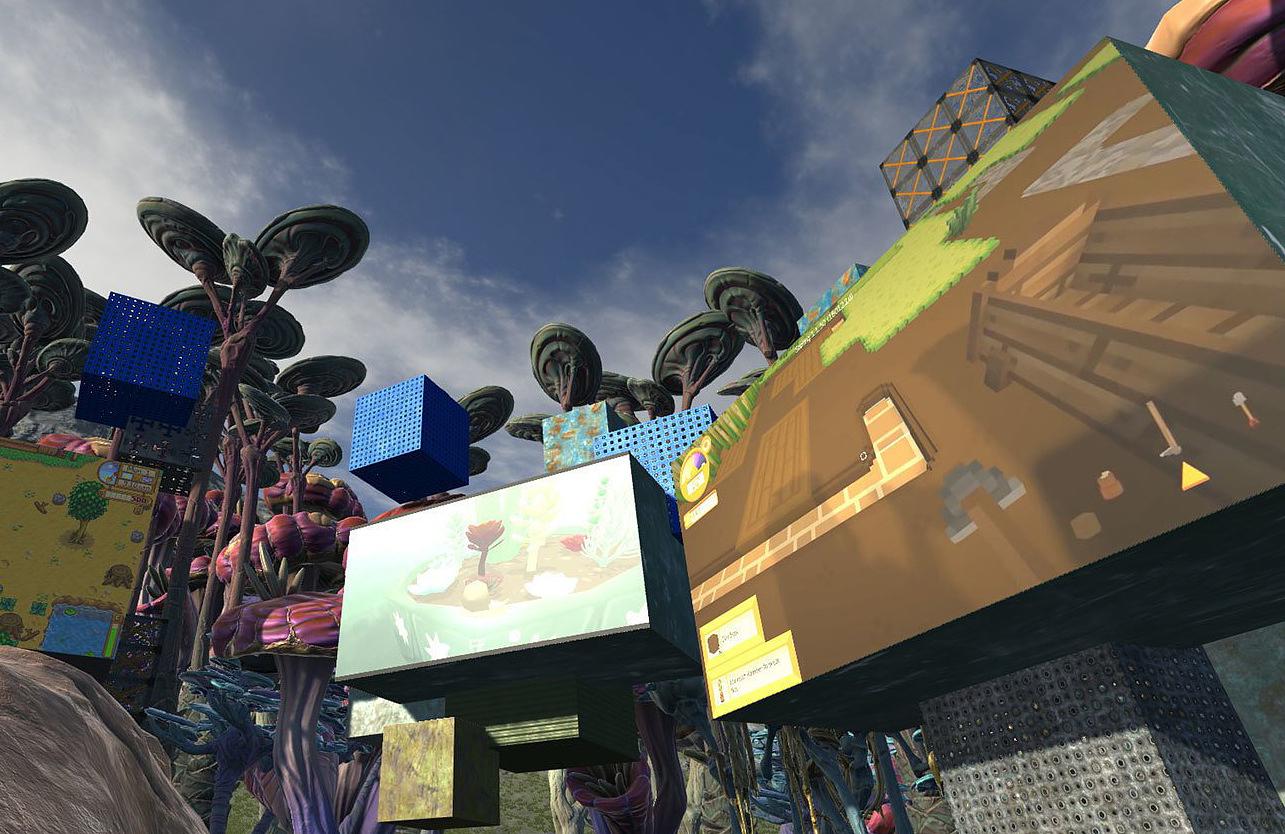
“Minecraft as an Ecological Horror”
“Sandboxes” reveal the player’s creative potential through construction work based on a strict hierarchy of materials and tools. Complex structures require more advanced instruments which, in turn, are impossible to create without increasing the rate of resource extraction. As a result, the building of an abstract ecological structure in a “sandbox” will repeat uncontrolled technological progress, which is essentially inconsistent with the ideas of sustainable development.
Looking closer, the entire creative process of building virtual structures is nothing more than a reiteration of humankind’s domination of nature and the landscape, meaning that even when addressing the environmental agenda, the mechanics of “sandboxes” translates the scenario of modern economic development, which is the reason behind climate change and the loss of biodiversity.
In games such as Minecraft, the space exists for the player to conquer and resources—minerals, animals or aborigines—are used to fulfill the player’s plans and ideas. The creative construction process very much resembles humankind’s colonial past. Can games translate postcolonial opinions, and are there any projects that currently work in this area?
This collision will be the basis of our Let’s Play session, when participants will be asked to complete a level especially designed for the lecture and featuring artefacts from the games Minecraft, Eco, DayZ, ARK: Survival Evolved, Terraria, The Forest, and Subnautica. Using them as examples, Dasha and Dima will discuss the problems and the potential of “sandboxes.”
An architect, indie video game developer, owner of a blog about the interconnection between architecture and gaming. For over four years she worked in the field of architecture and urban planning, including more than two years in strategic consulting. Her articles on the links between architecture and video games have been published in Tatlin, Novaya Gazeta, and Strelka Mag. Dasha runs education initiatives focusing on the topic of game urbanism: she taught a course about contemporary art in video games within the Digital Arts master’s program at the Far Eastern Federal University (fall 2018), read a lecture cycle as part of the public program accompanying the education program Moscow Game Center (fall 2018–spring 2019), moderated Game in the City—a discussion within the project Startup Village at Skolkovo (2019), and has been reading a lecture course at Moscow’s Nekrasov Library since September 2019.
A game designer, teacher on the master’s program The Art of Literature at the Higher School of Economics, and author of the Telegram channel Backtracking on game design and procedural generation.
